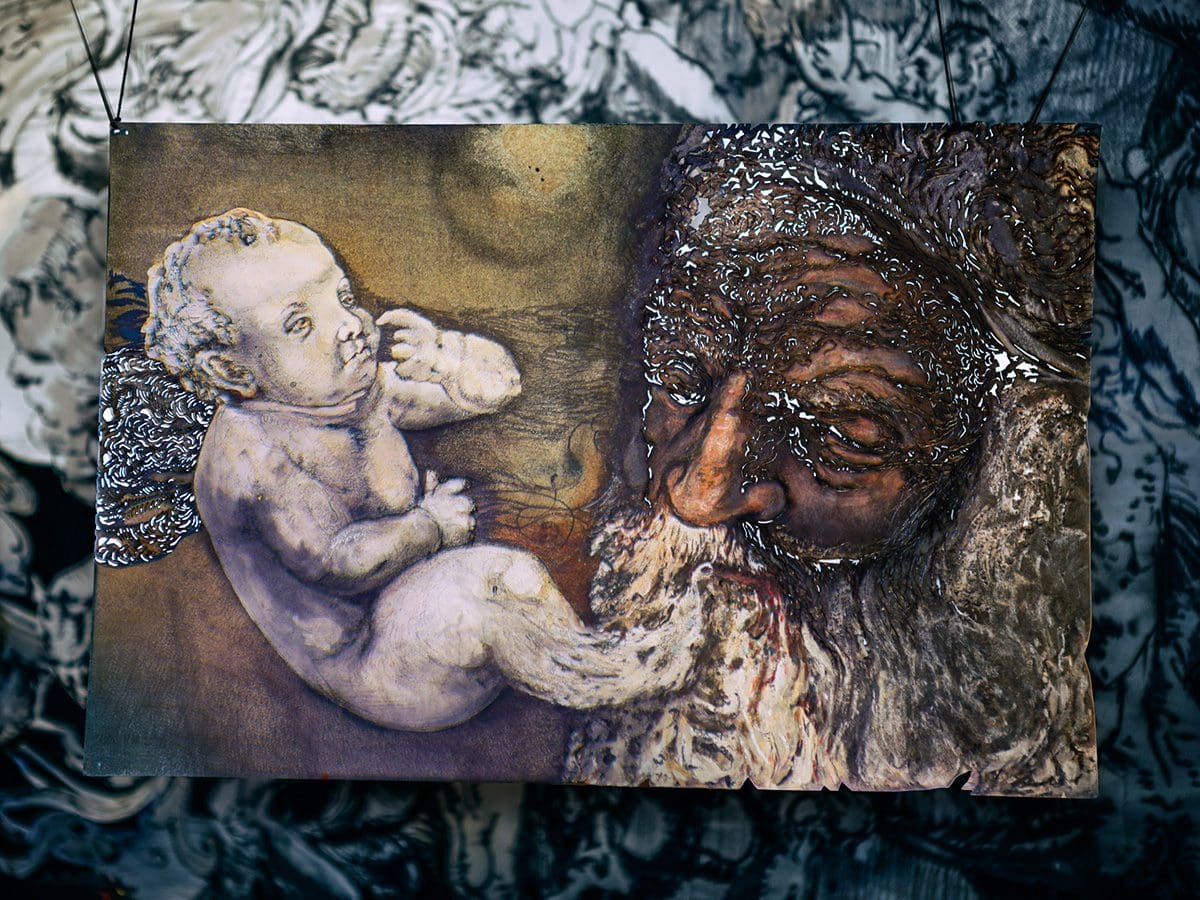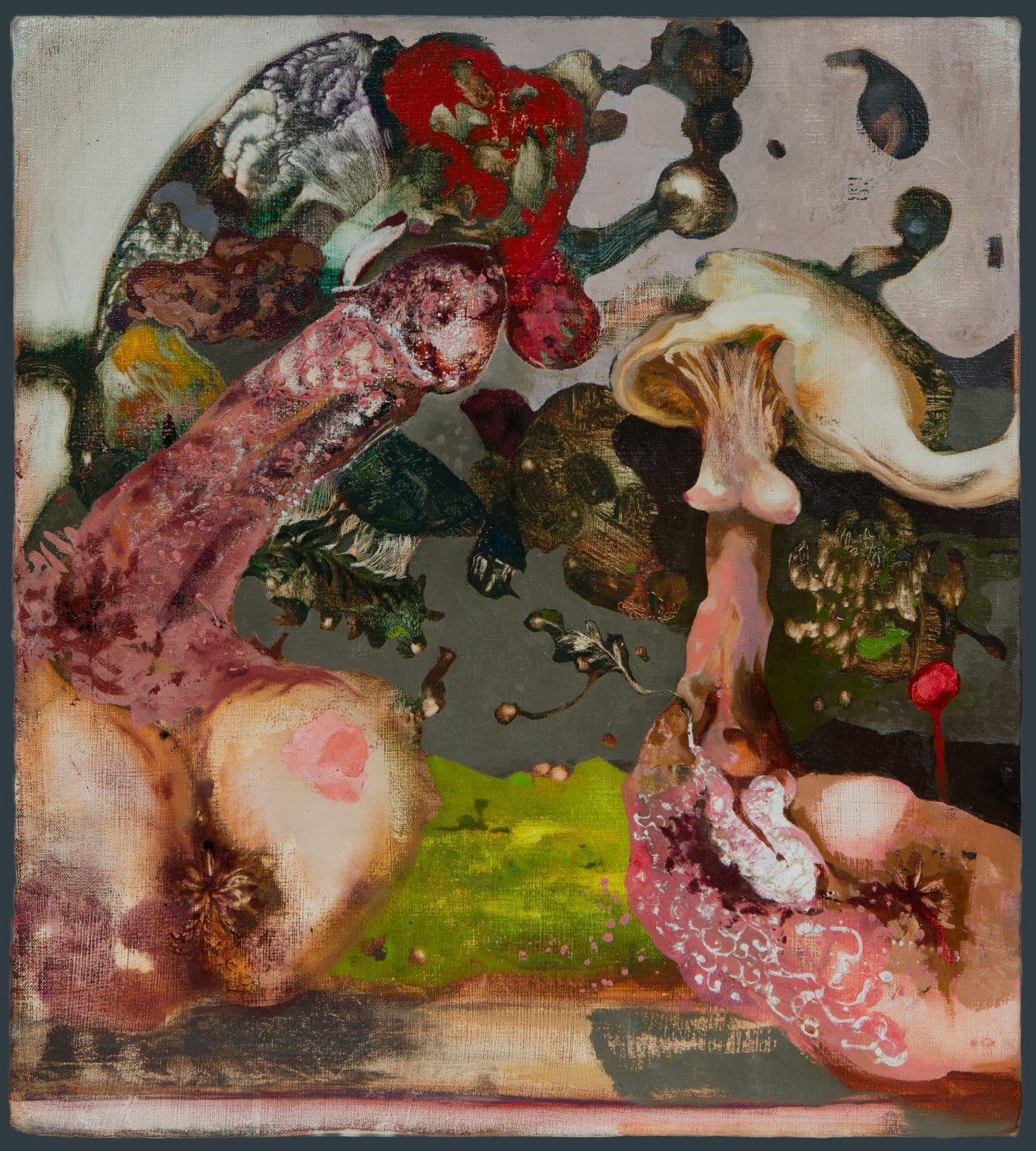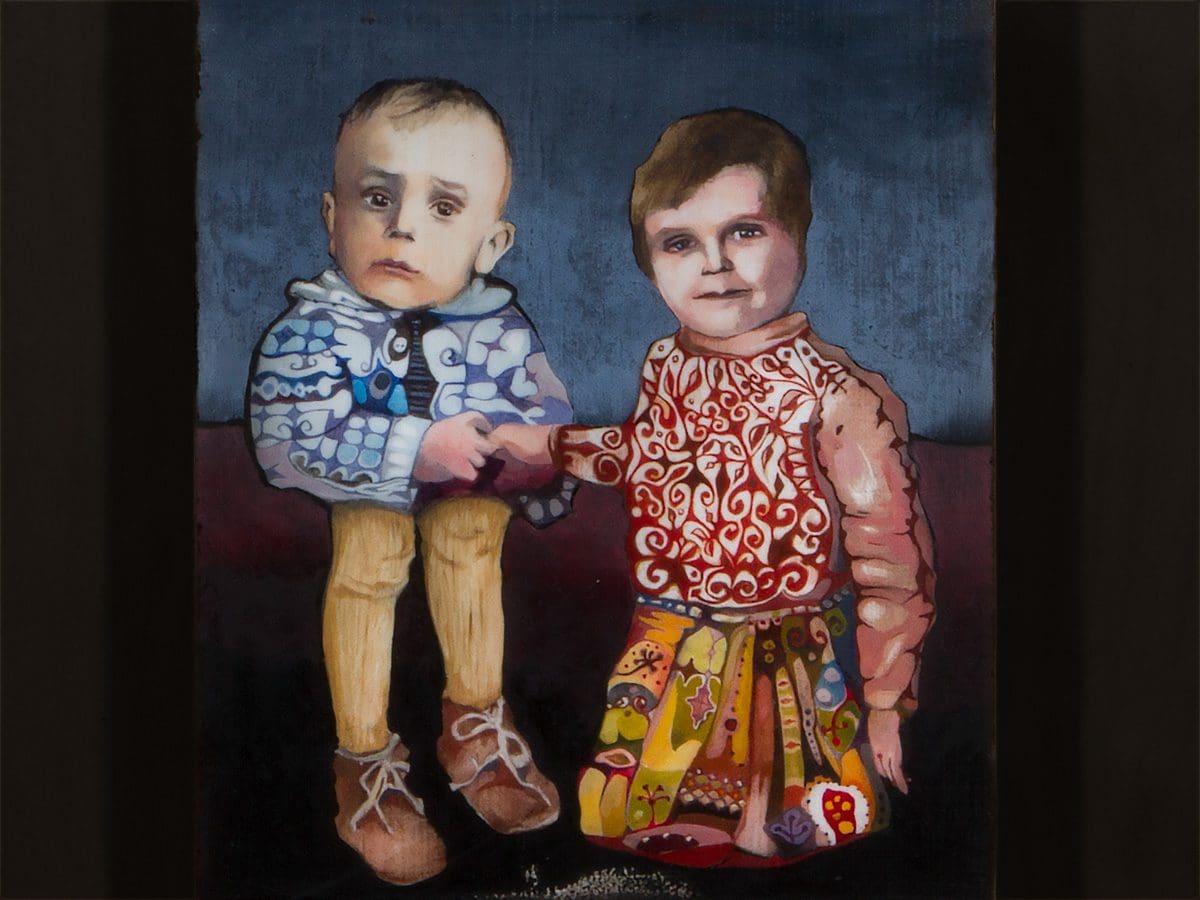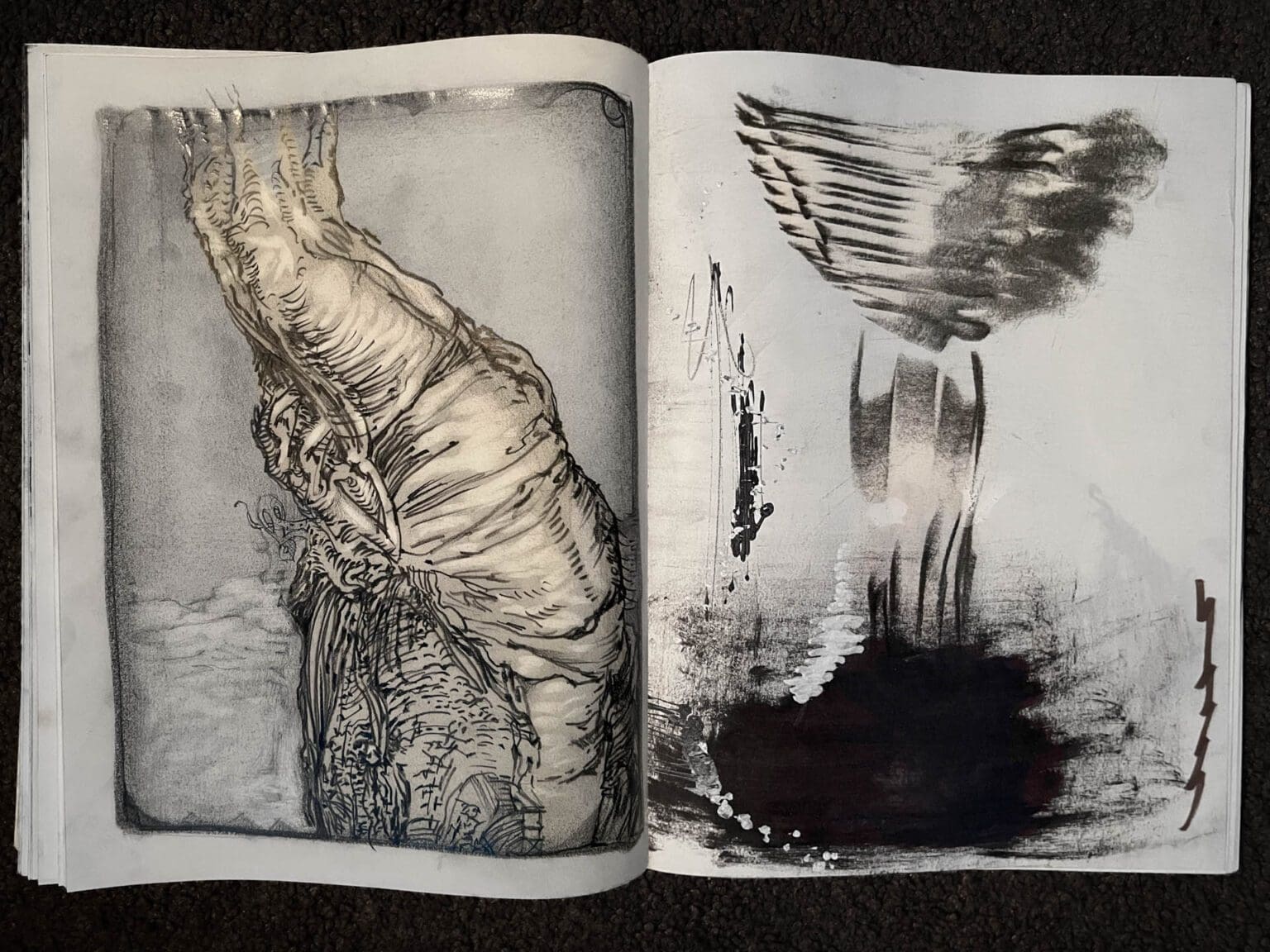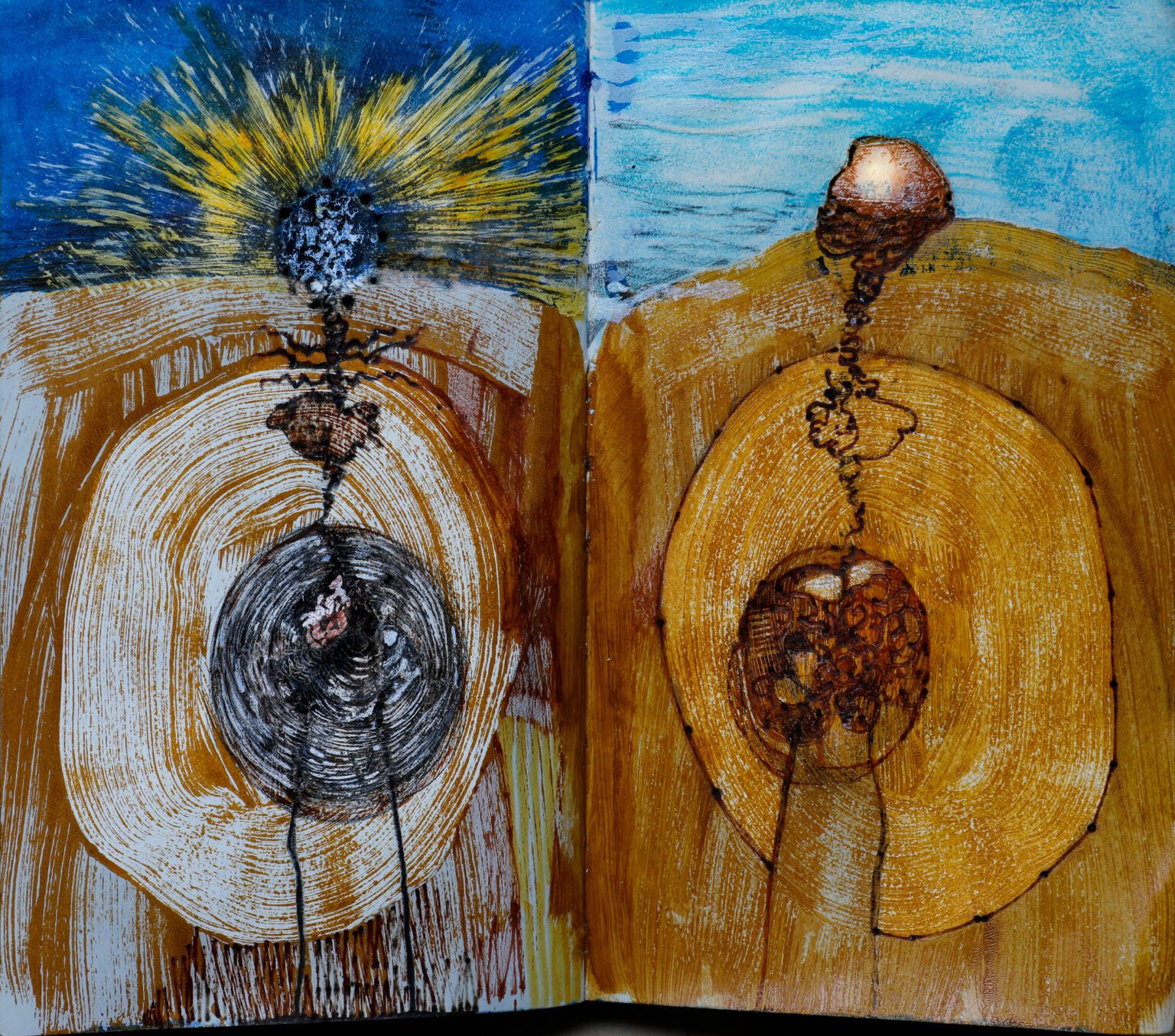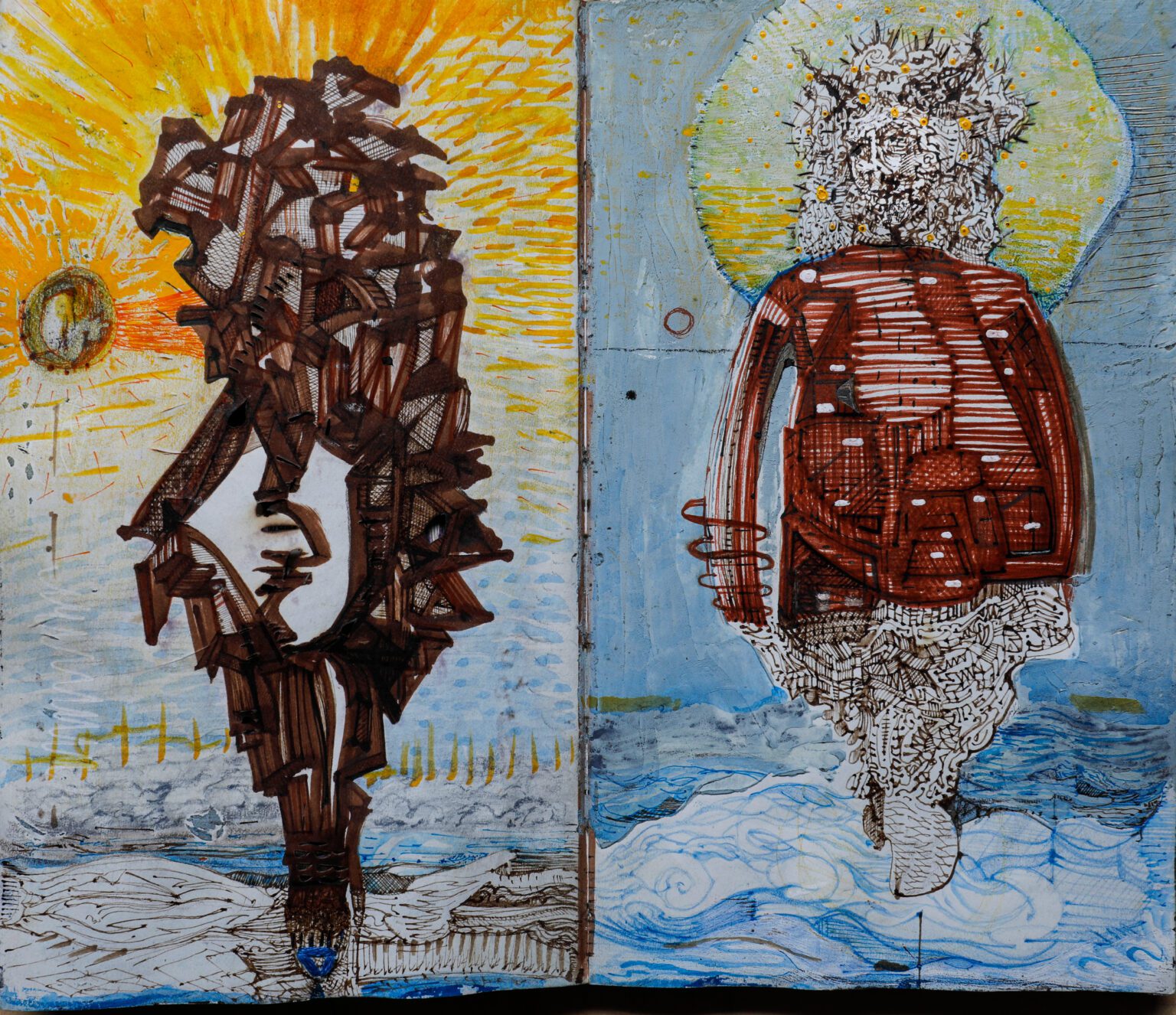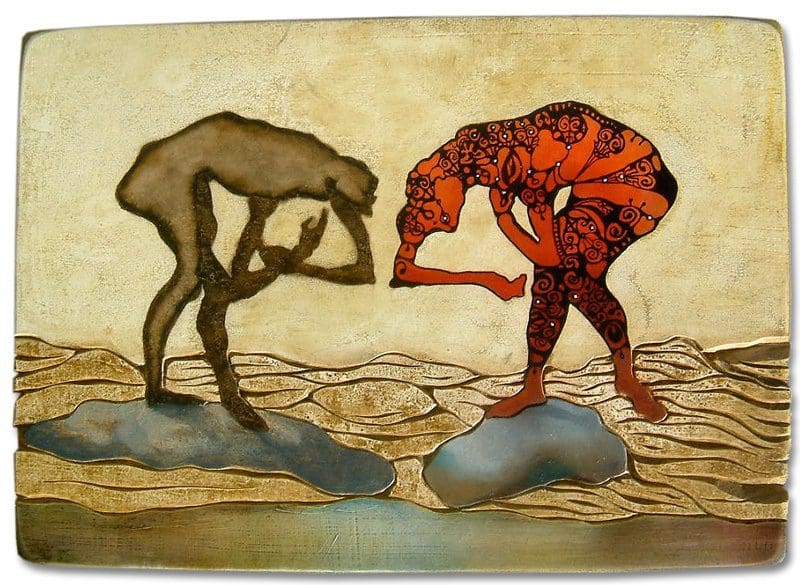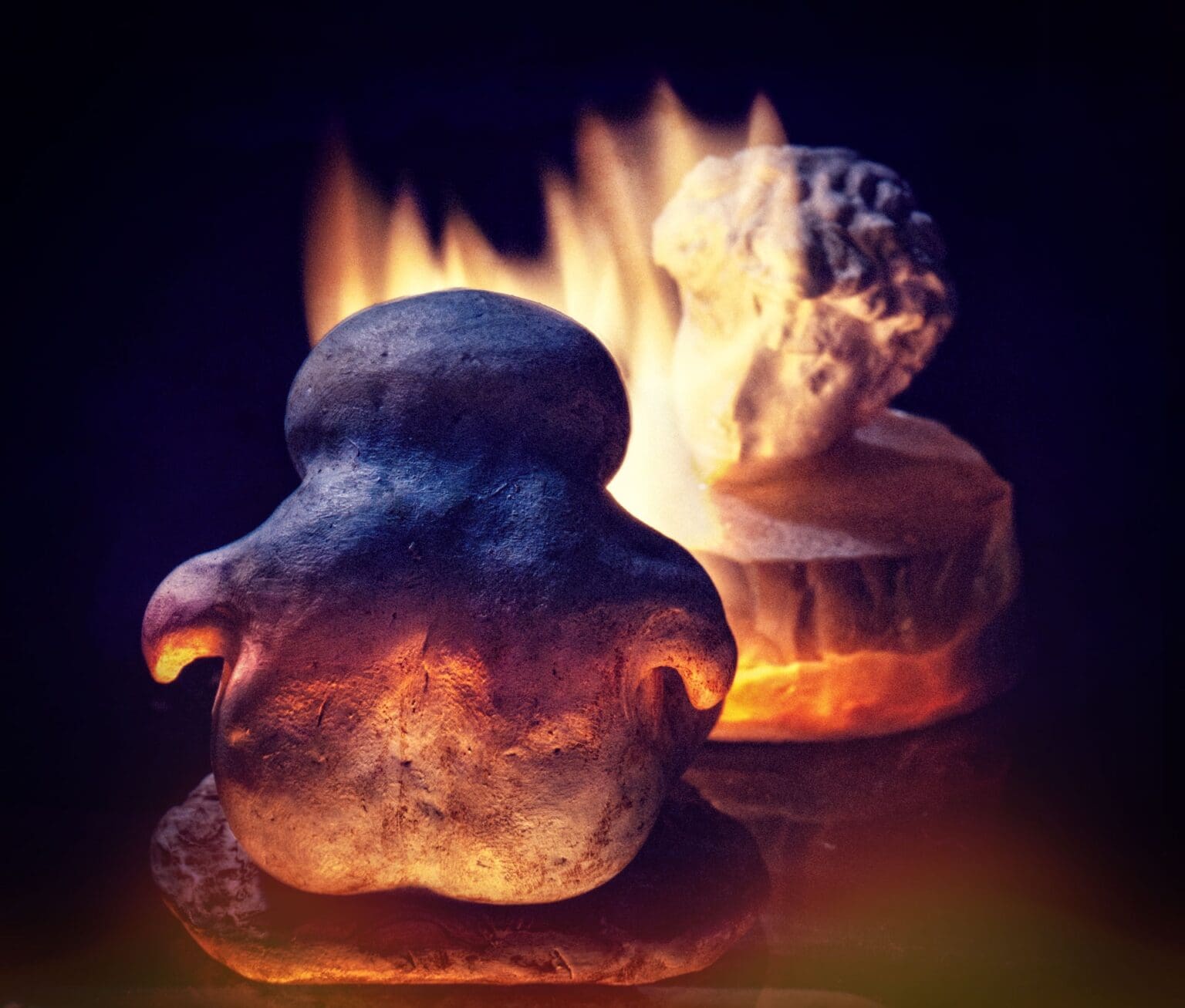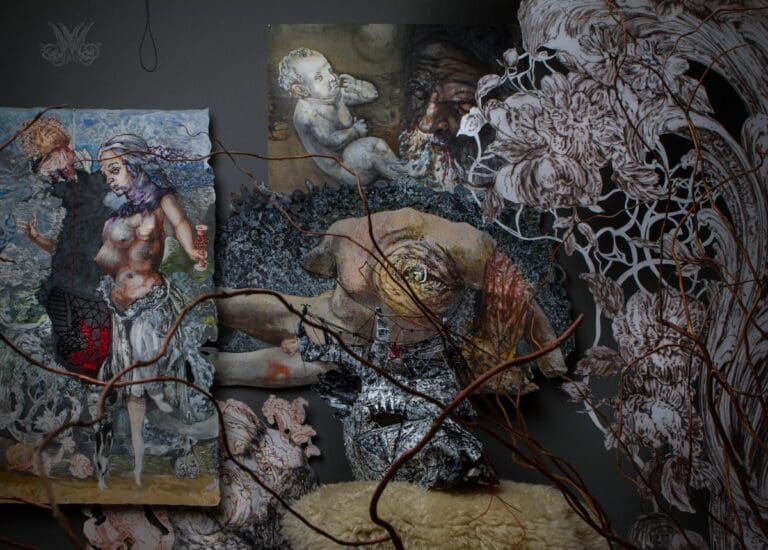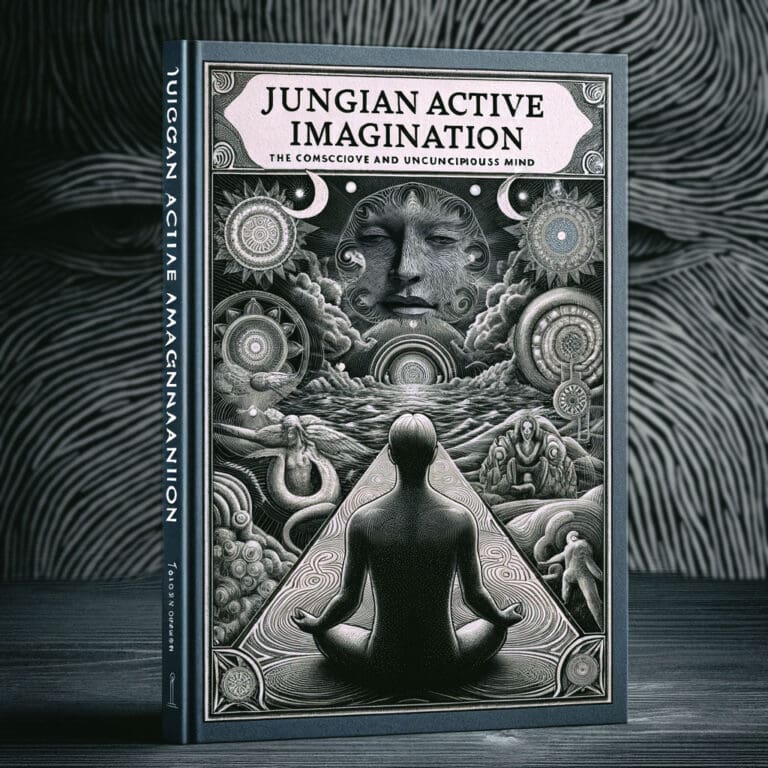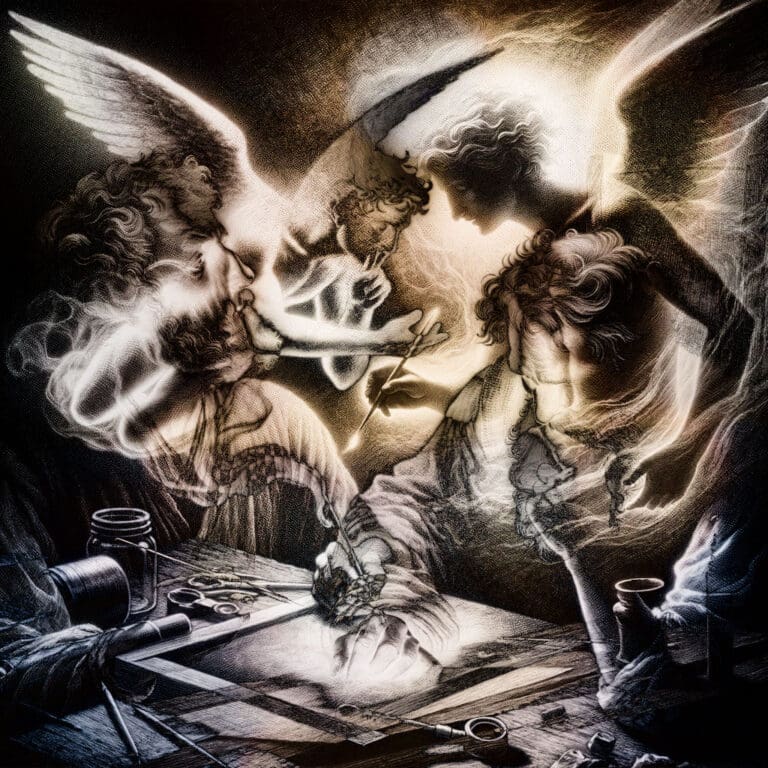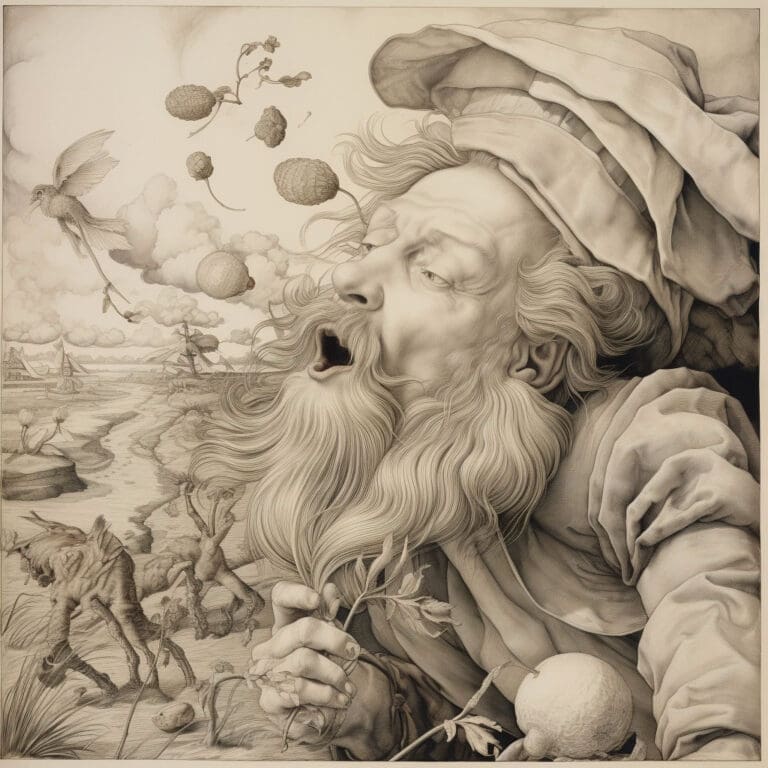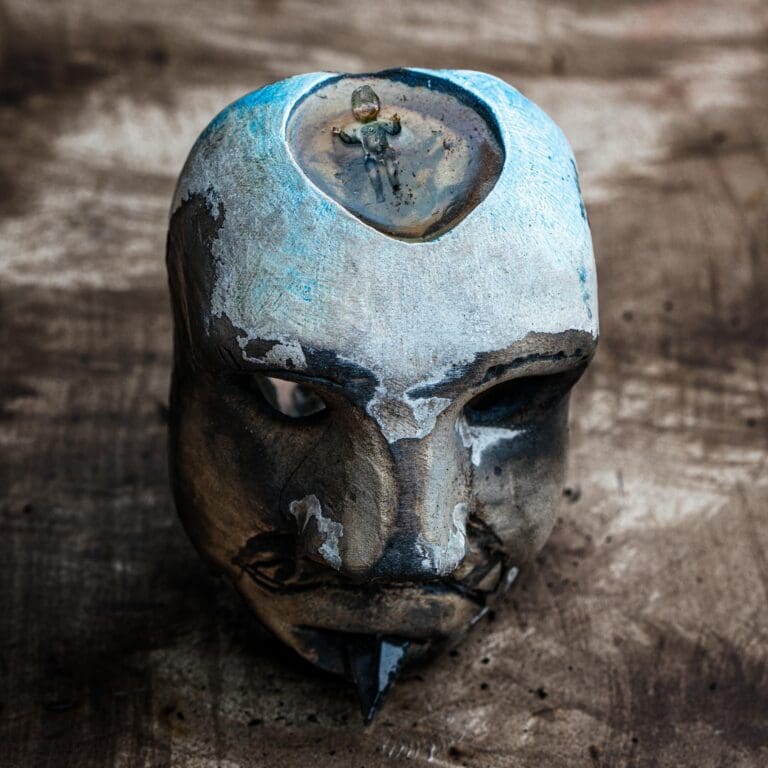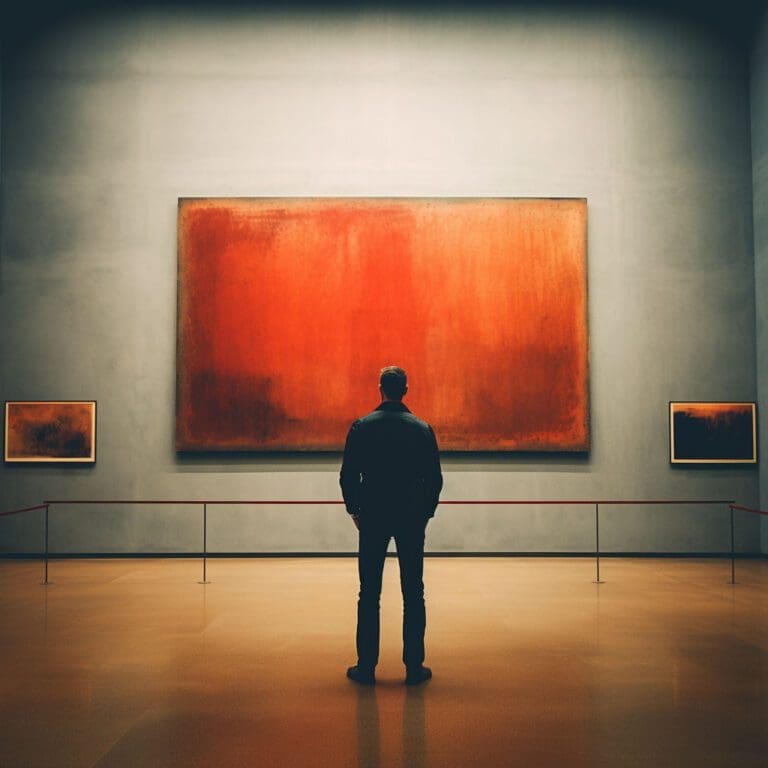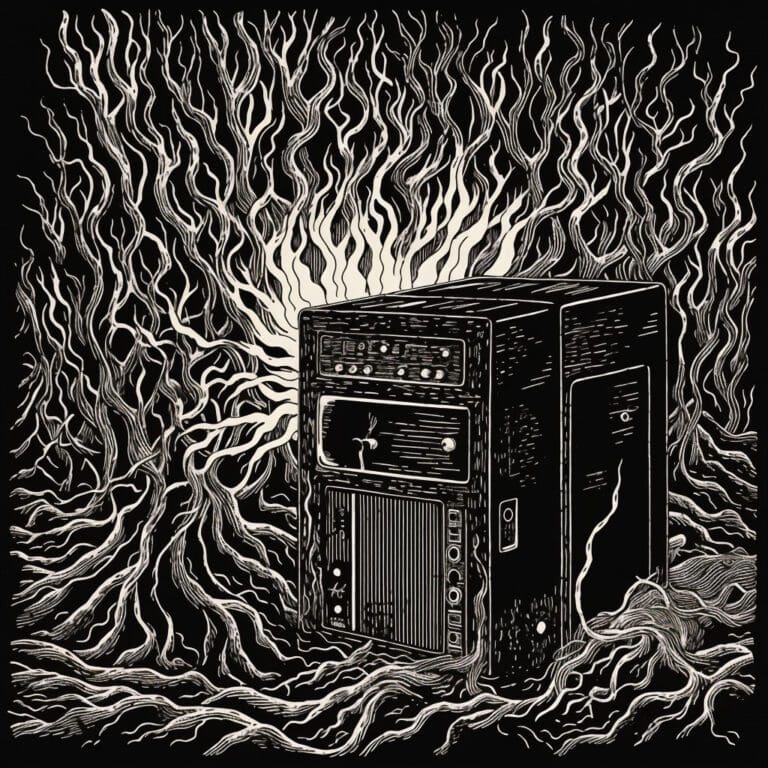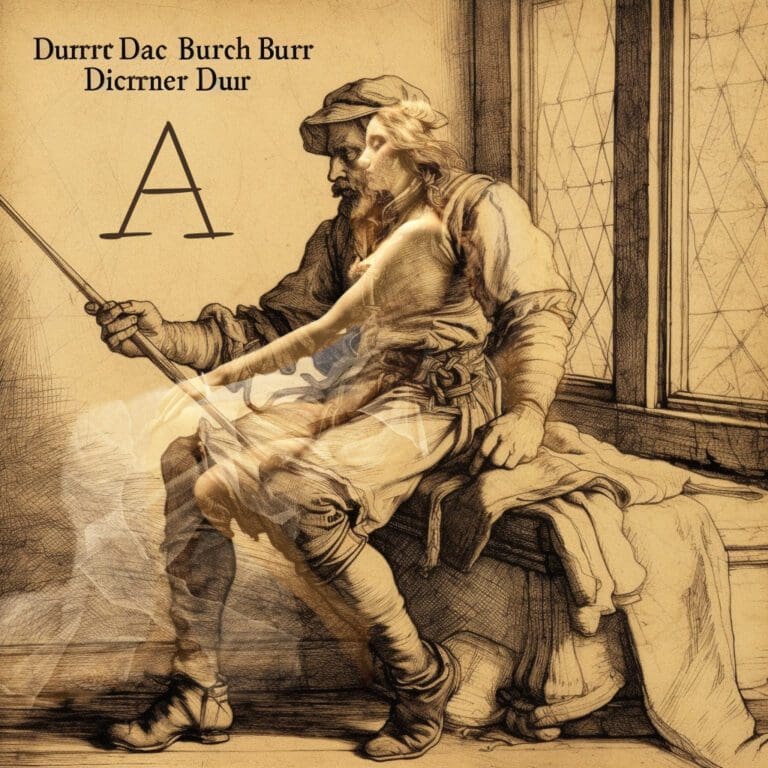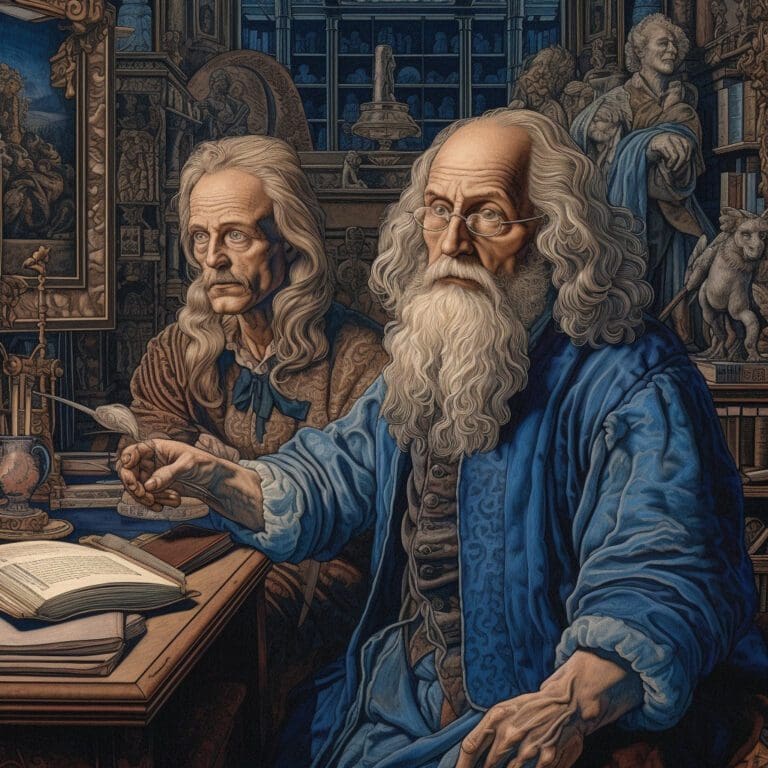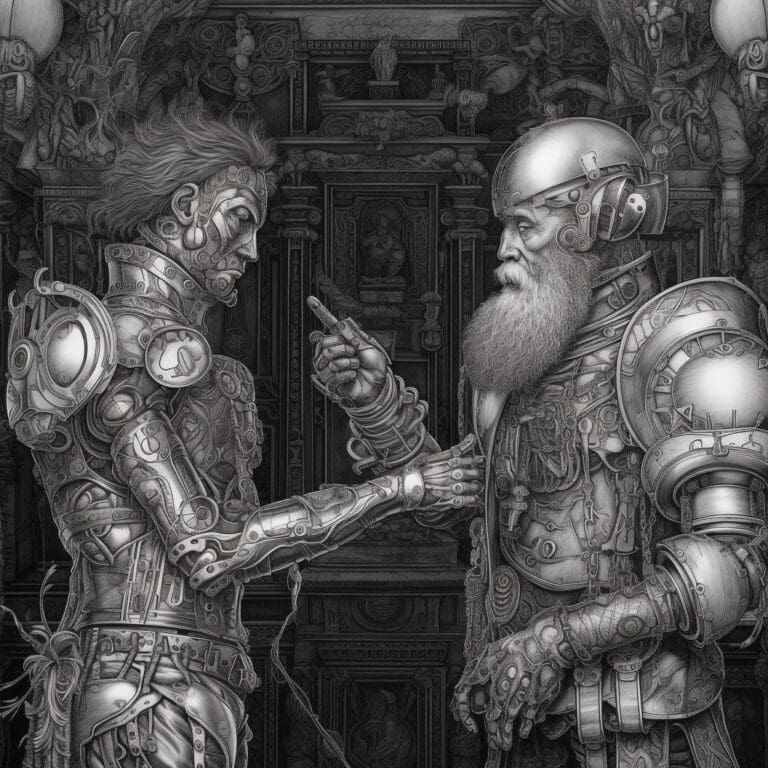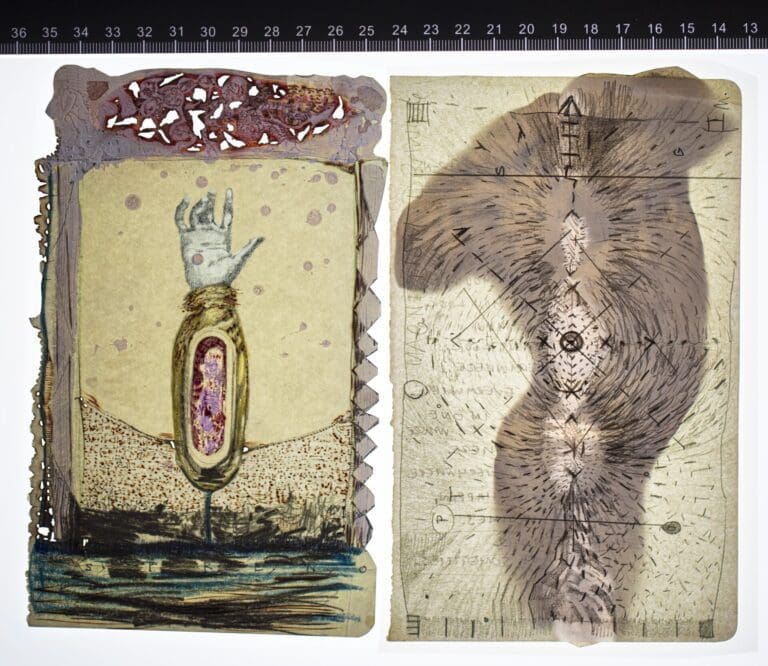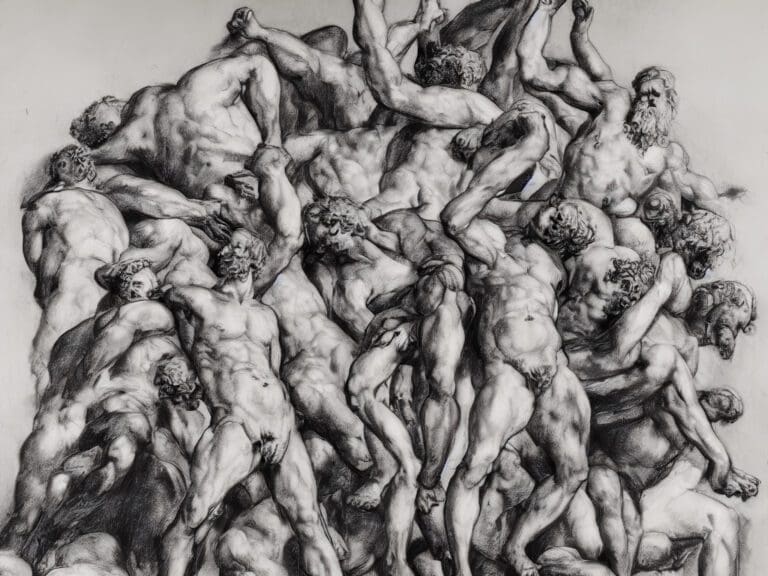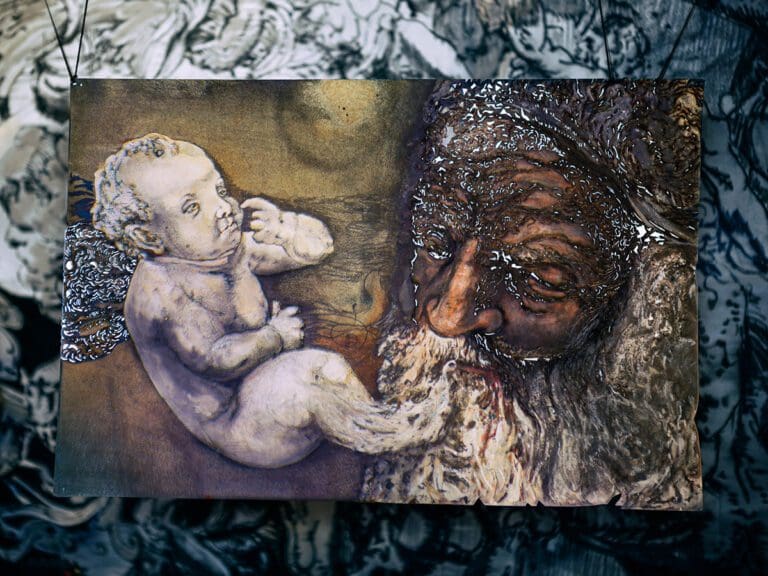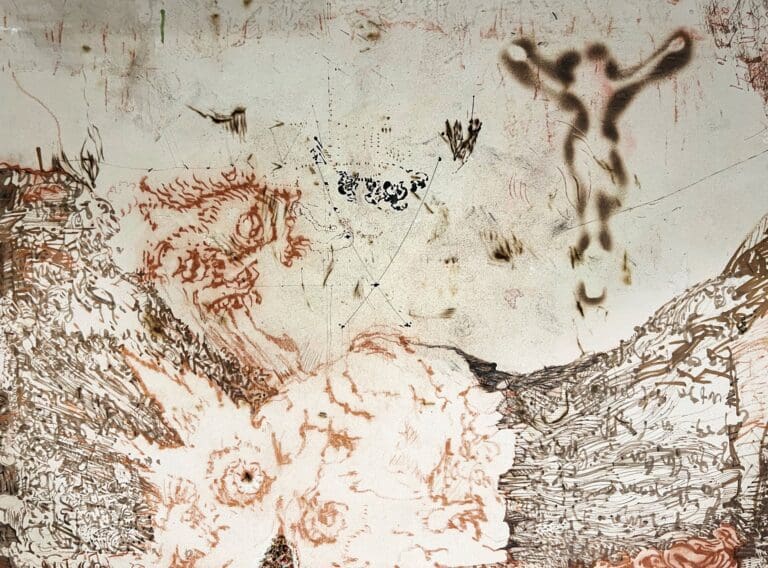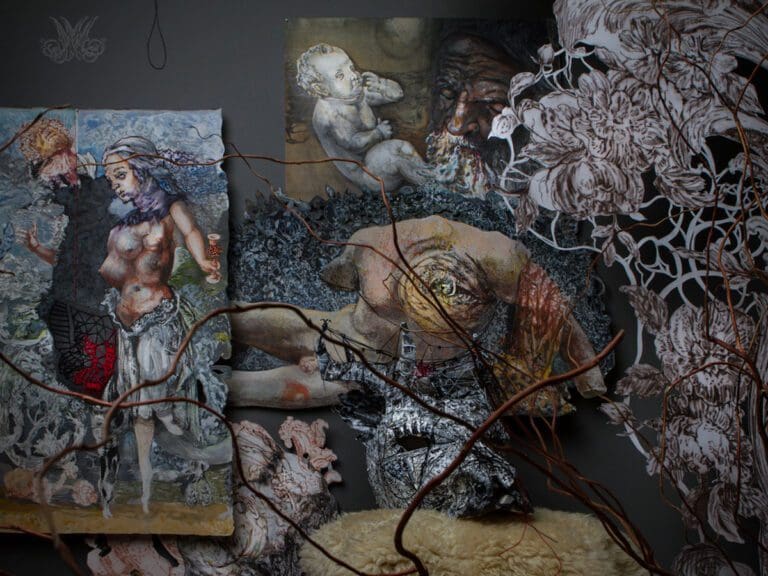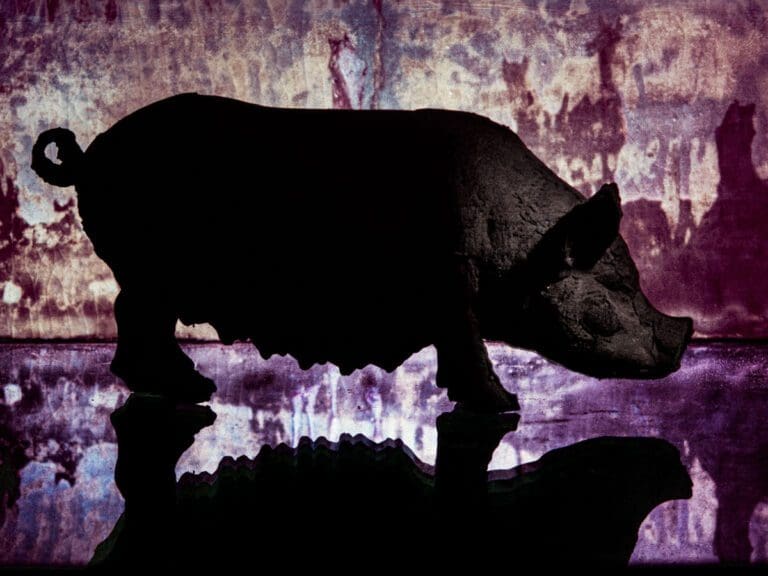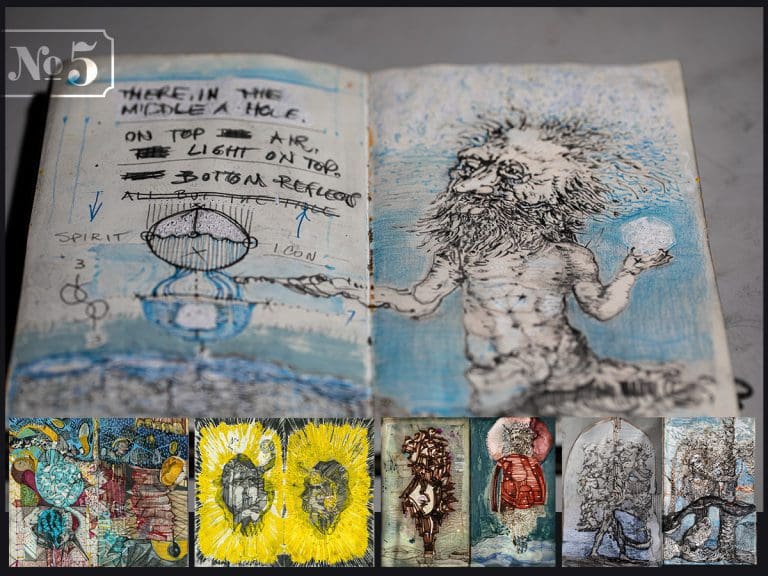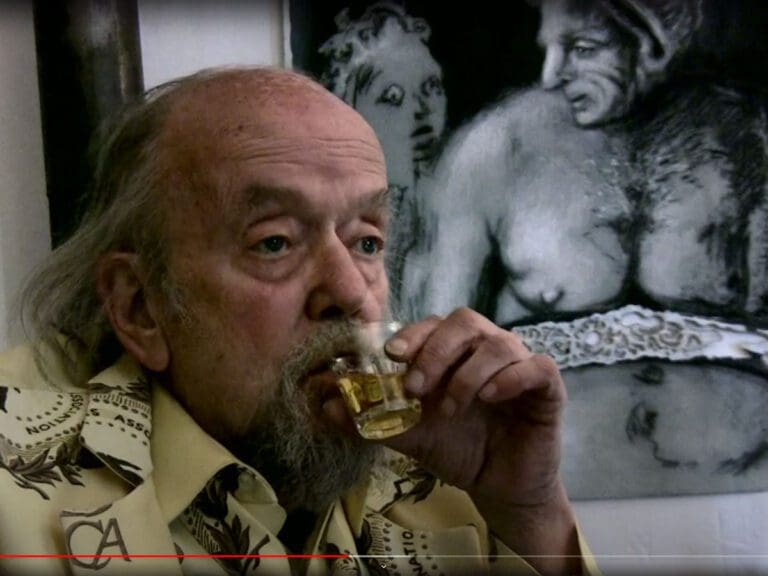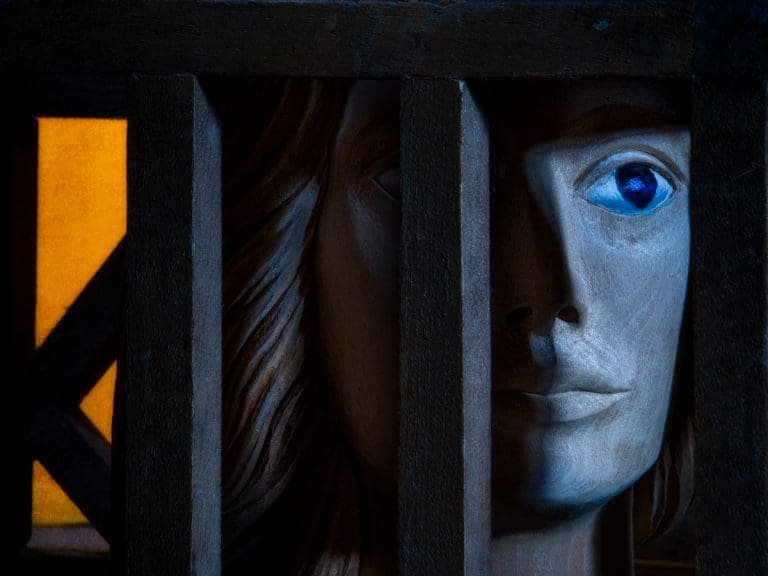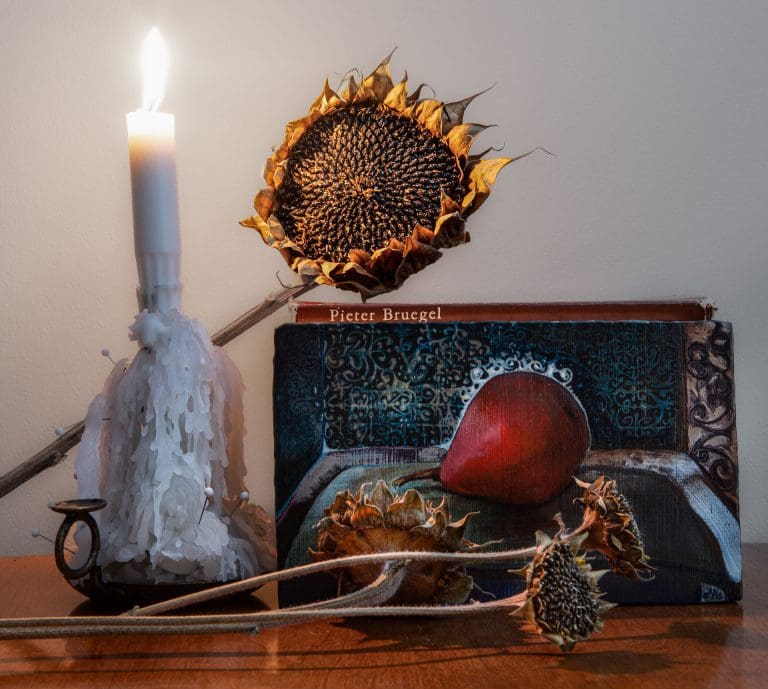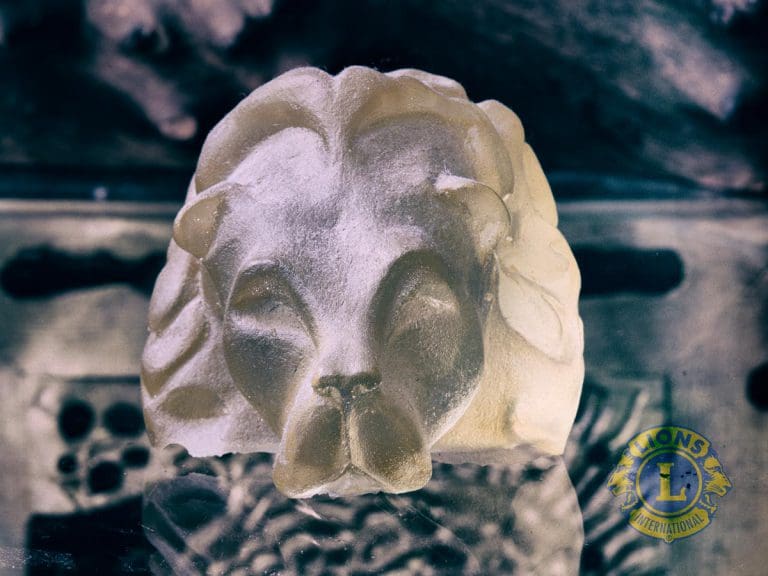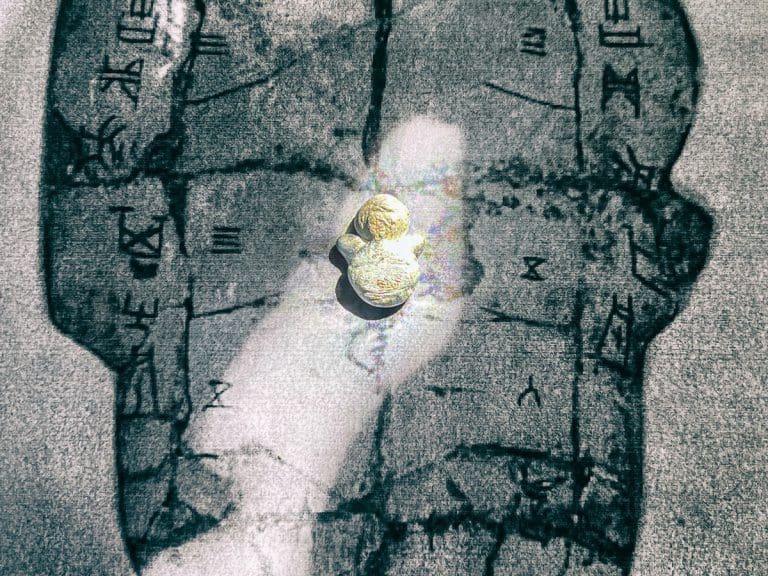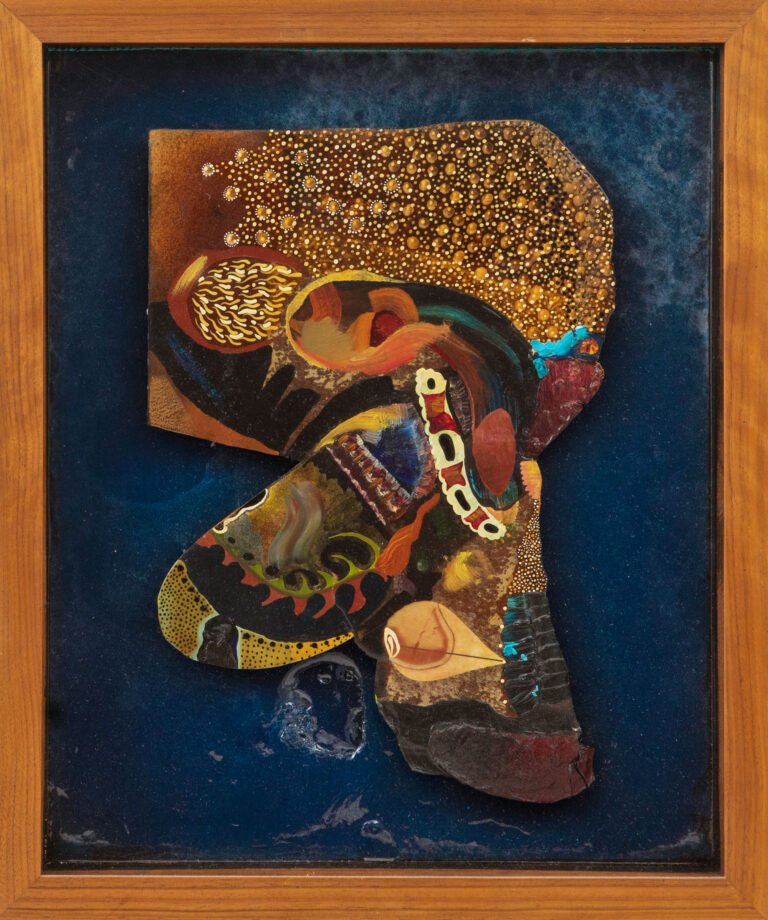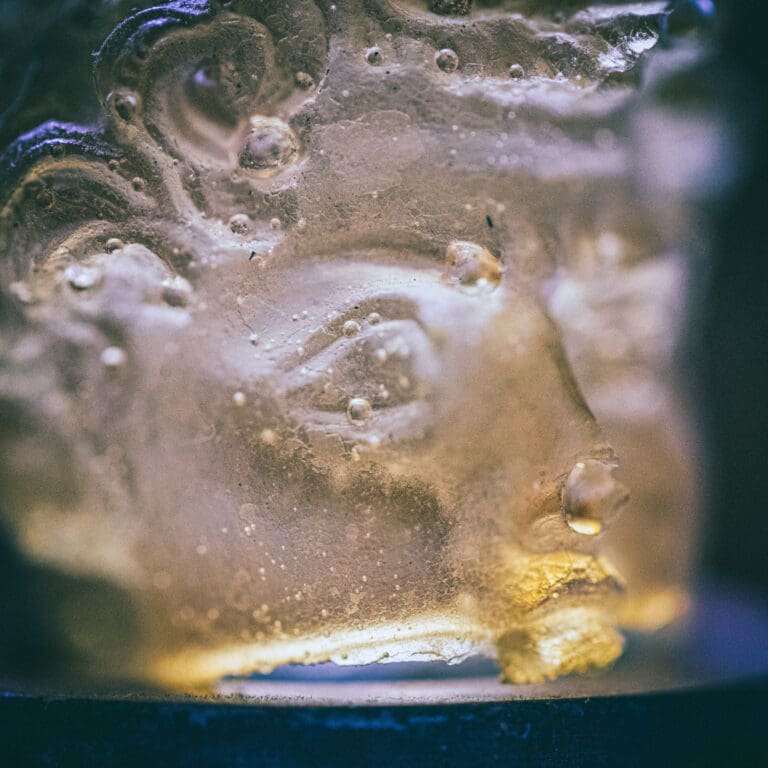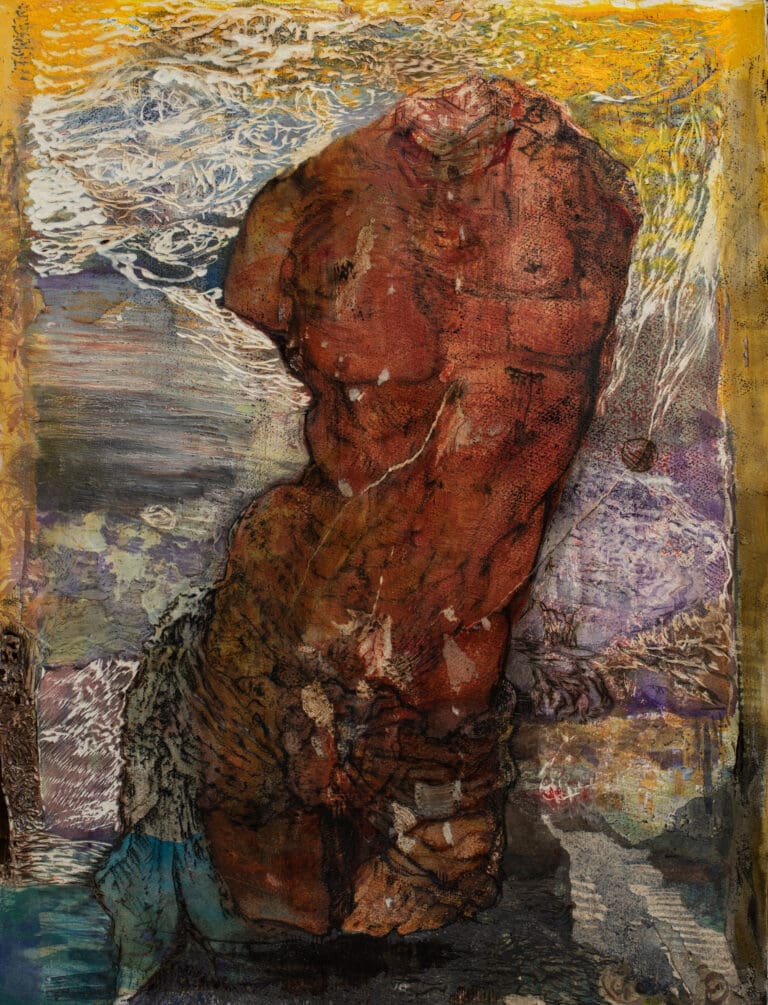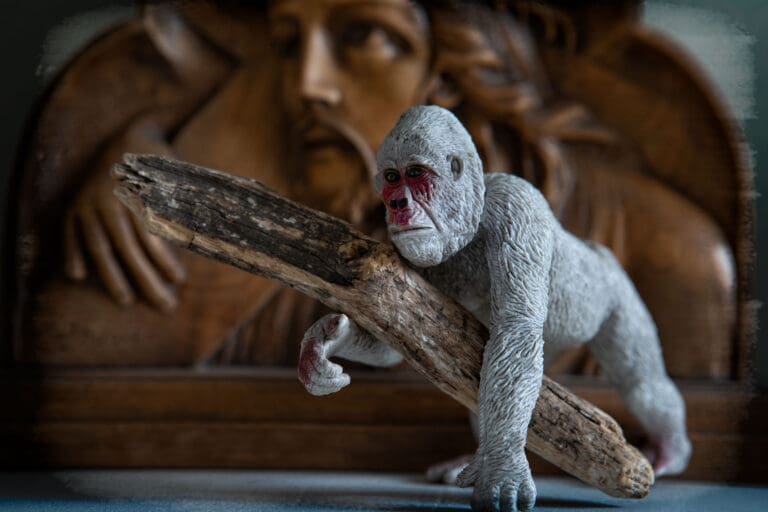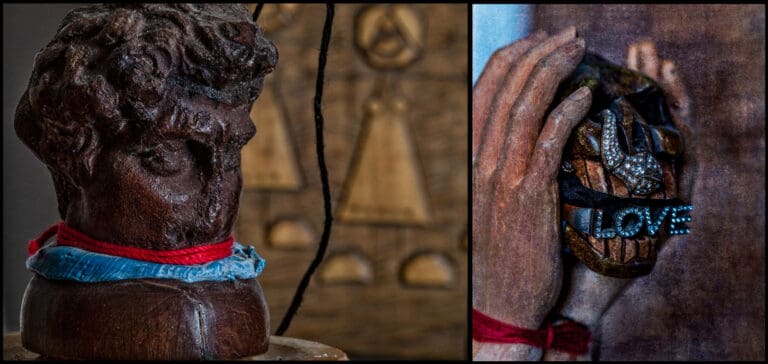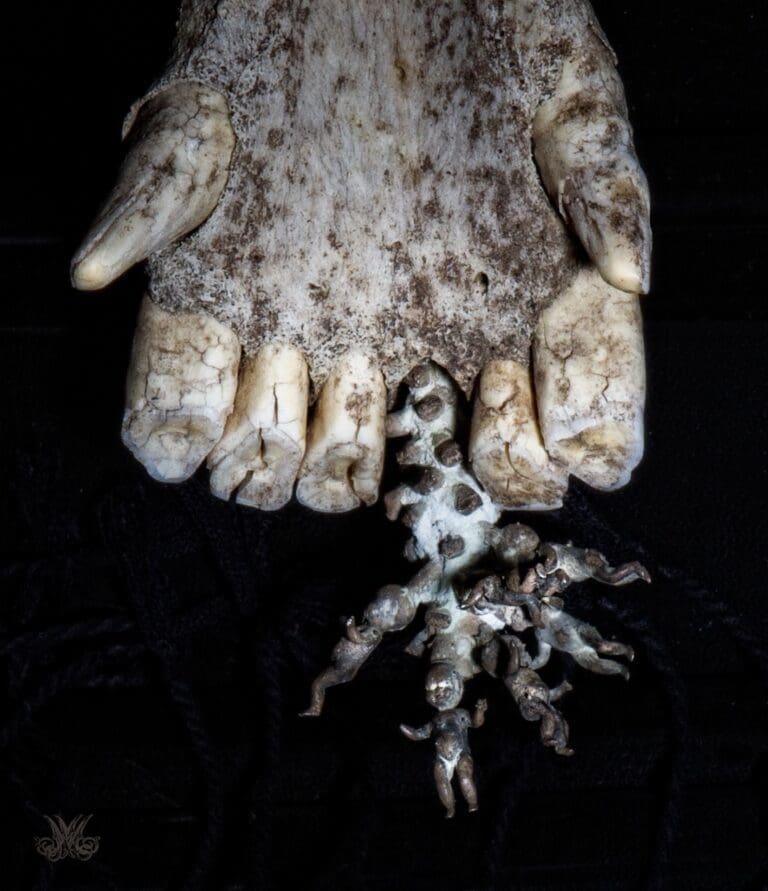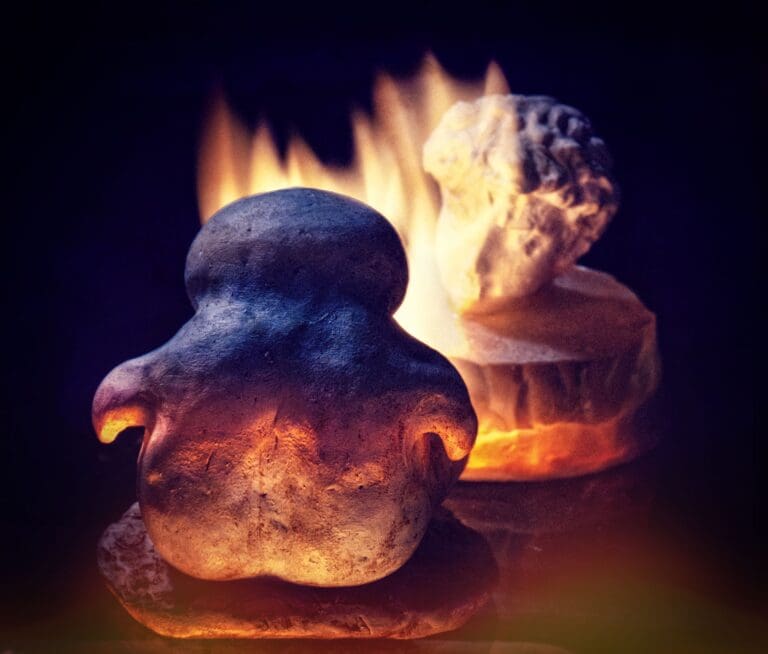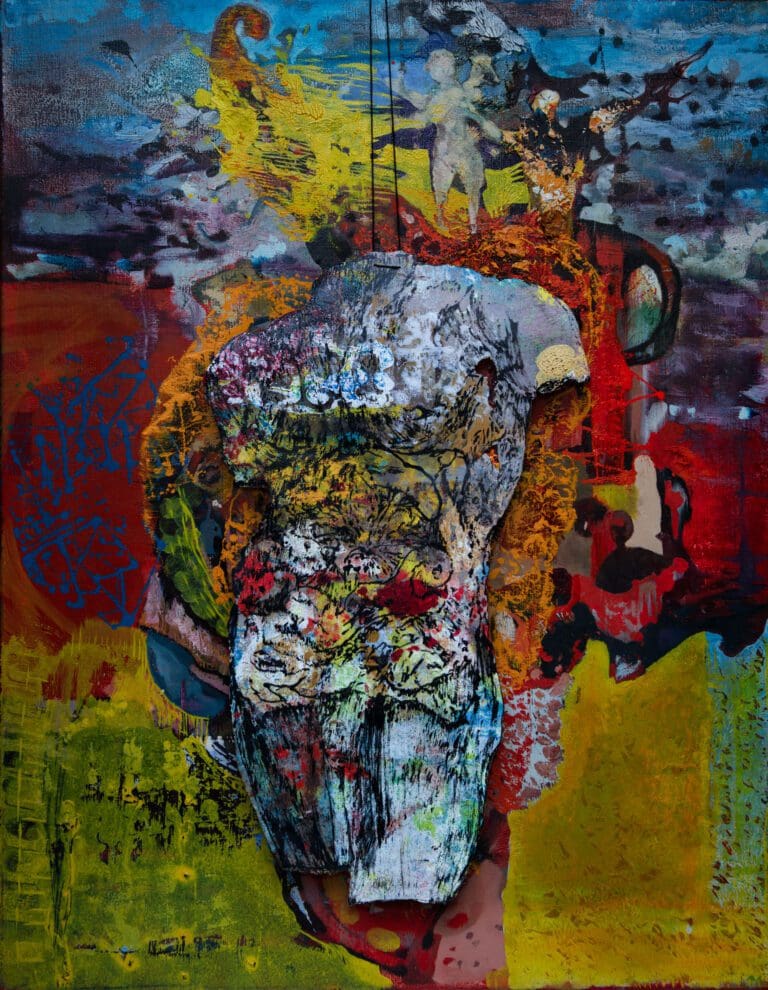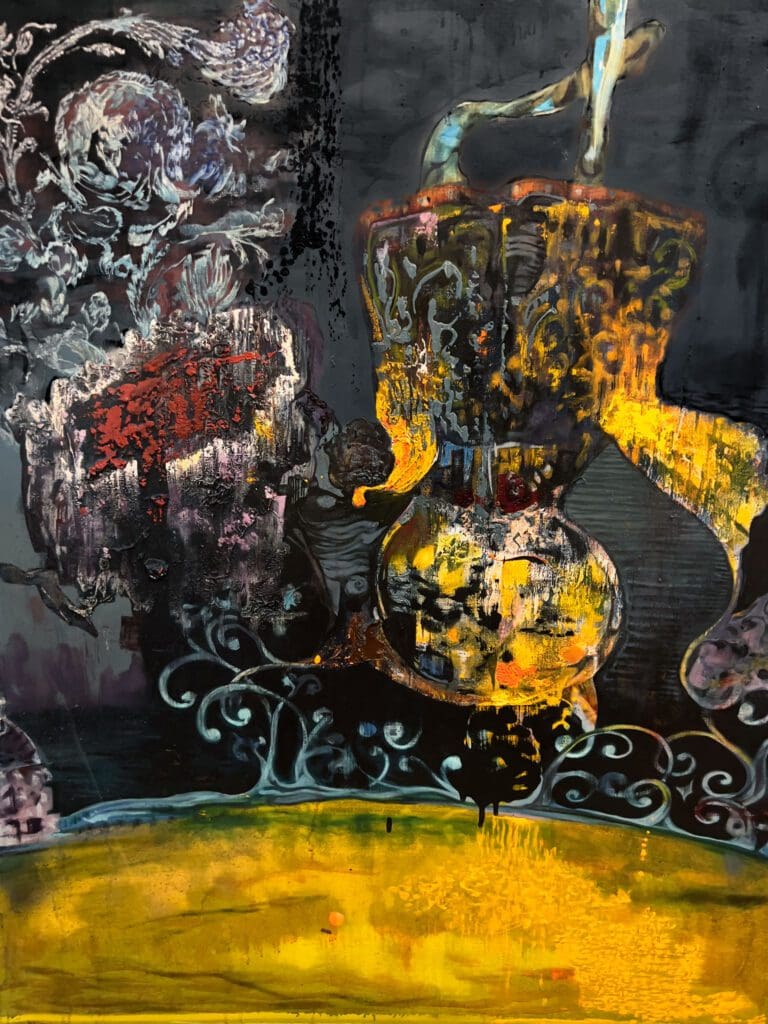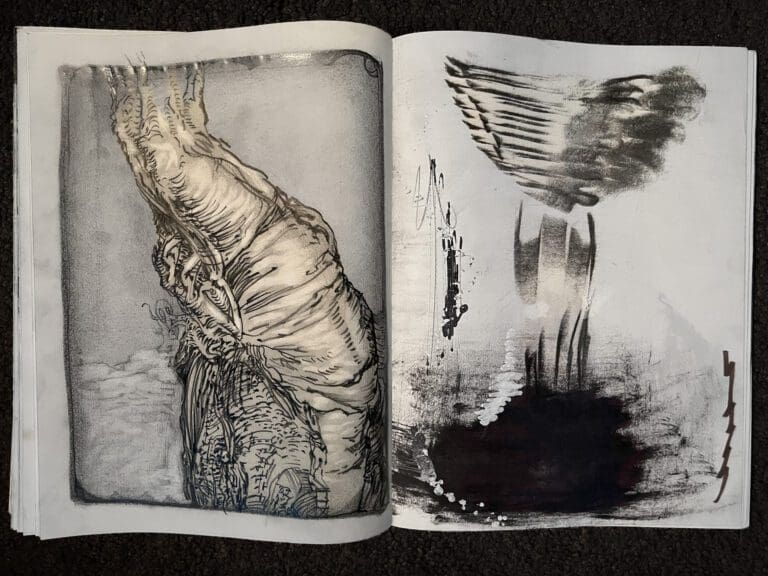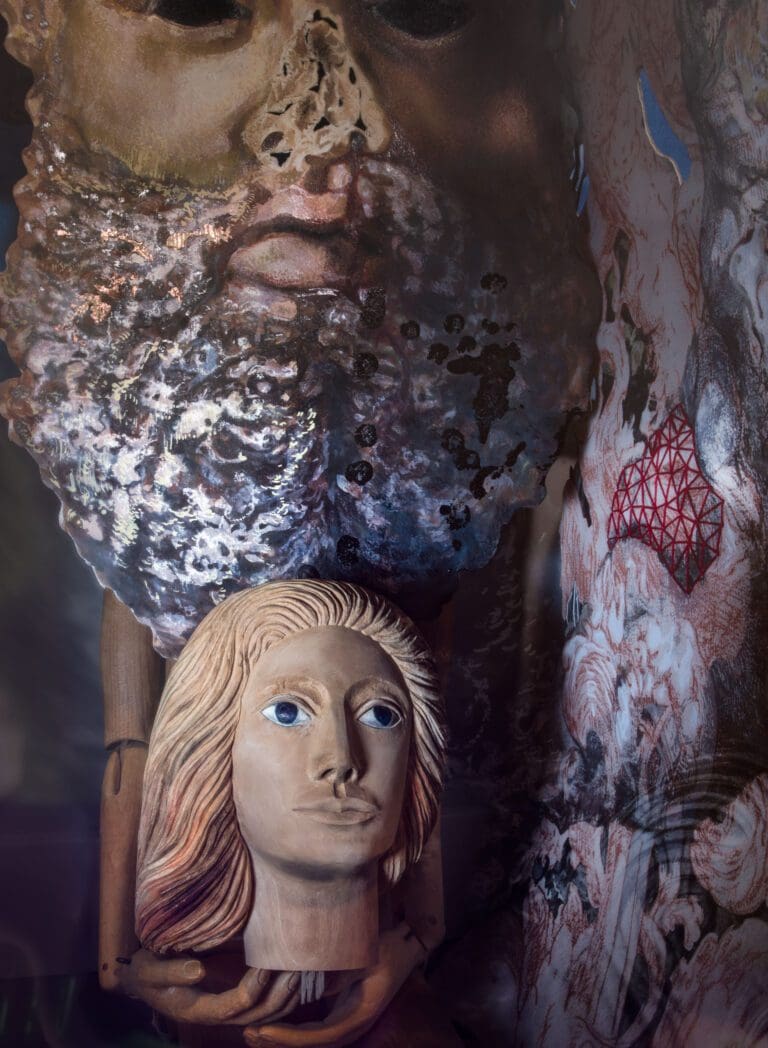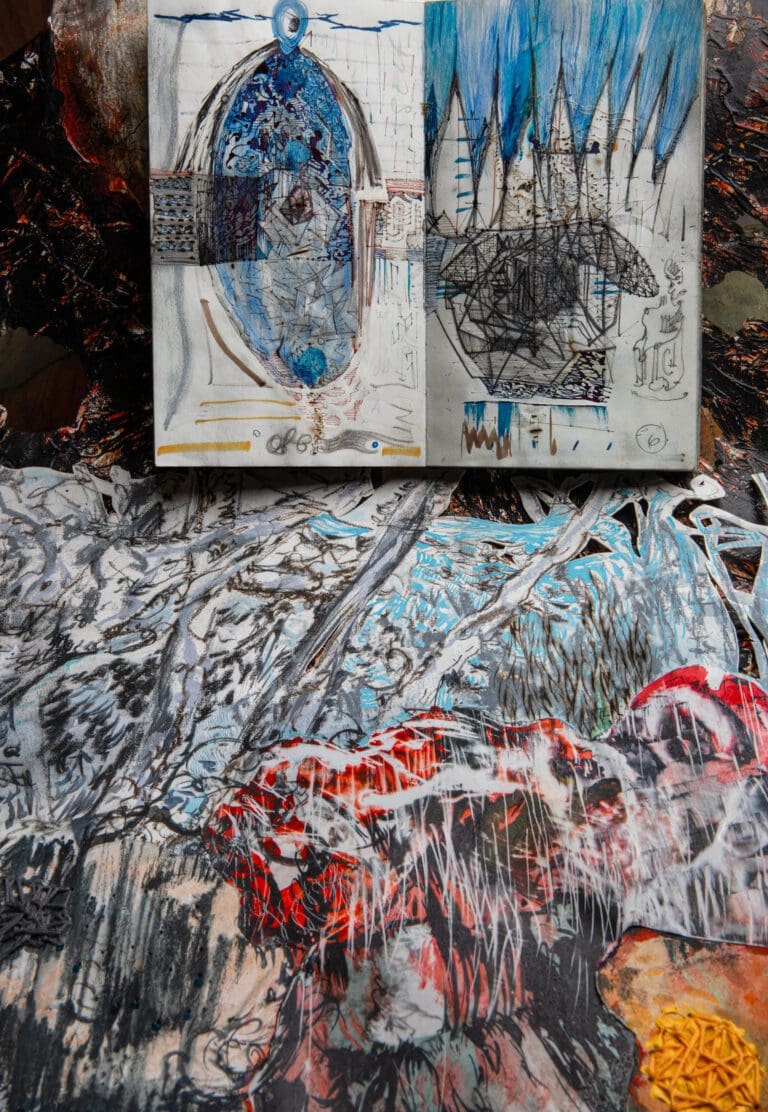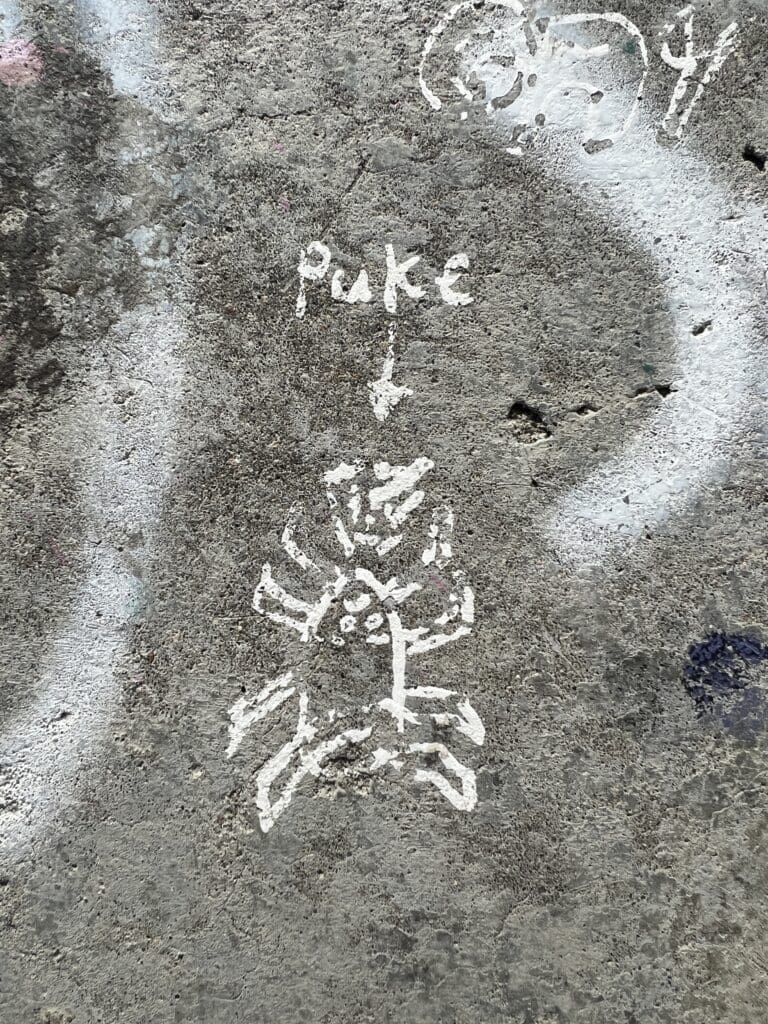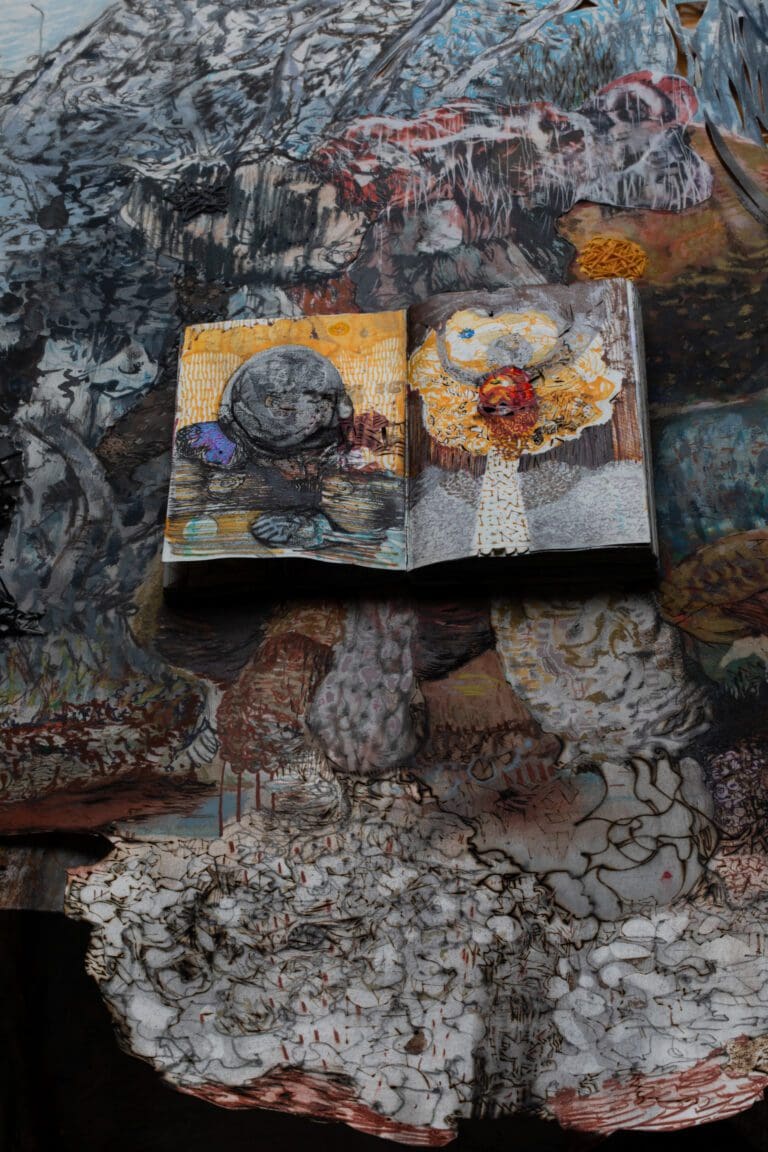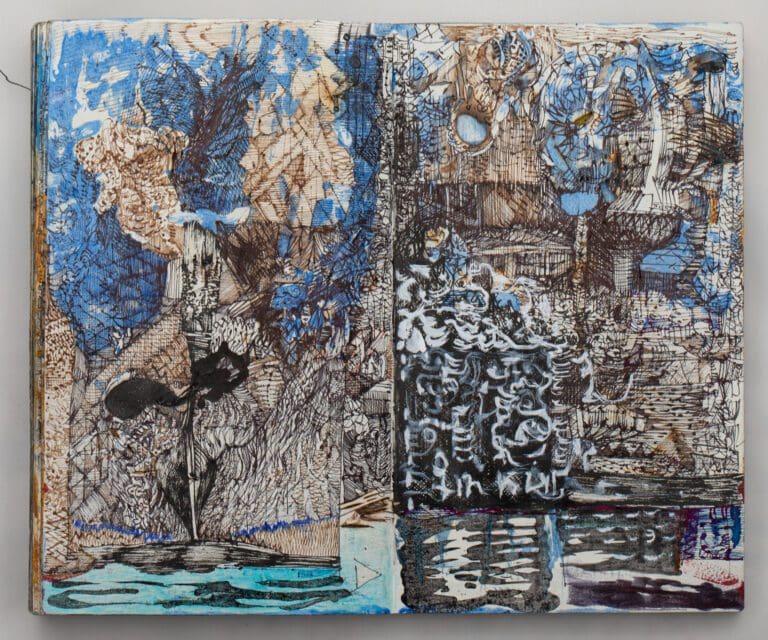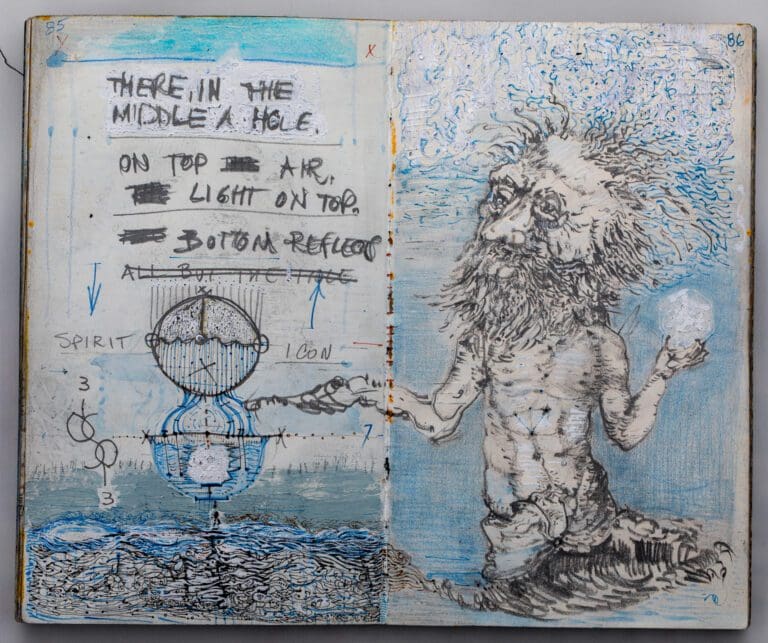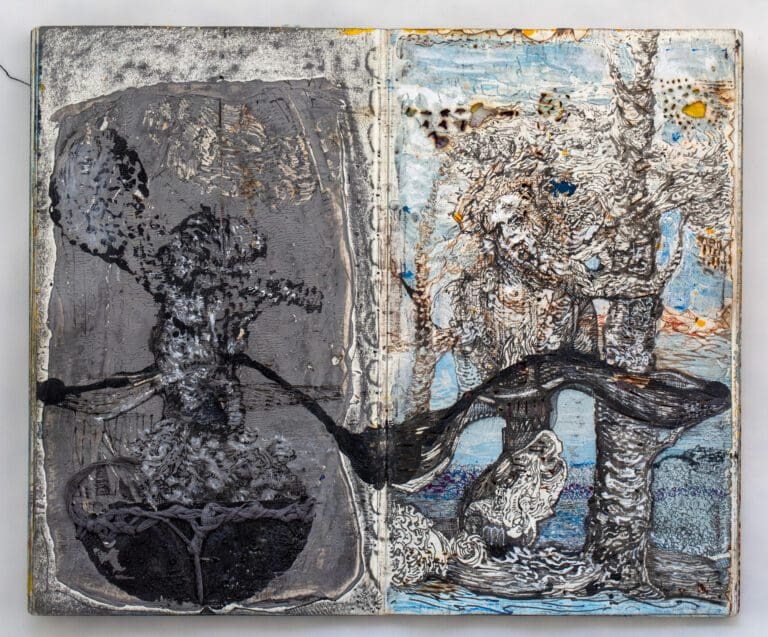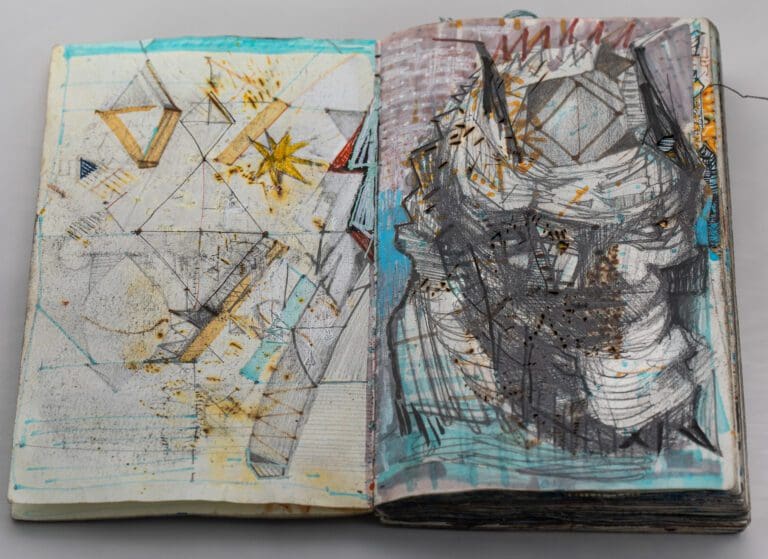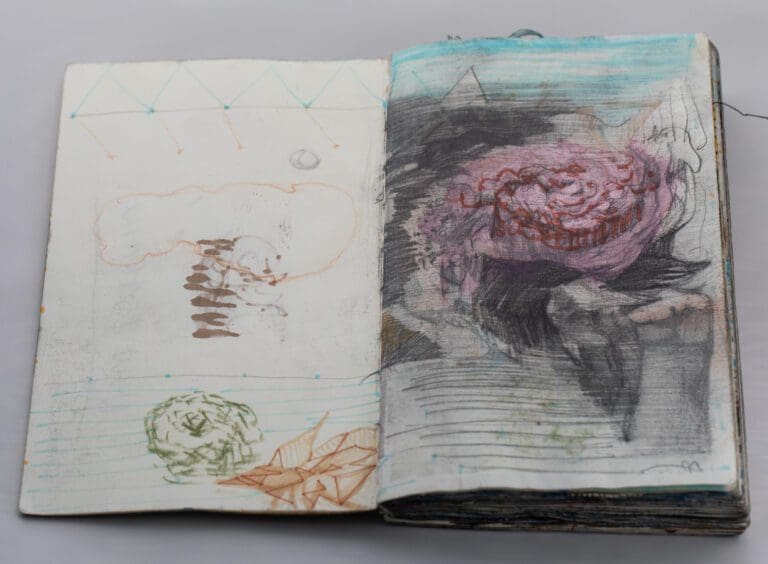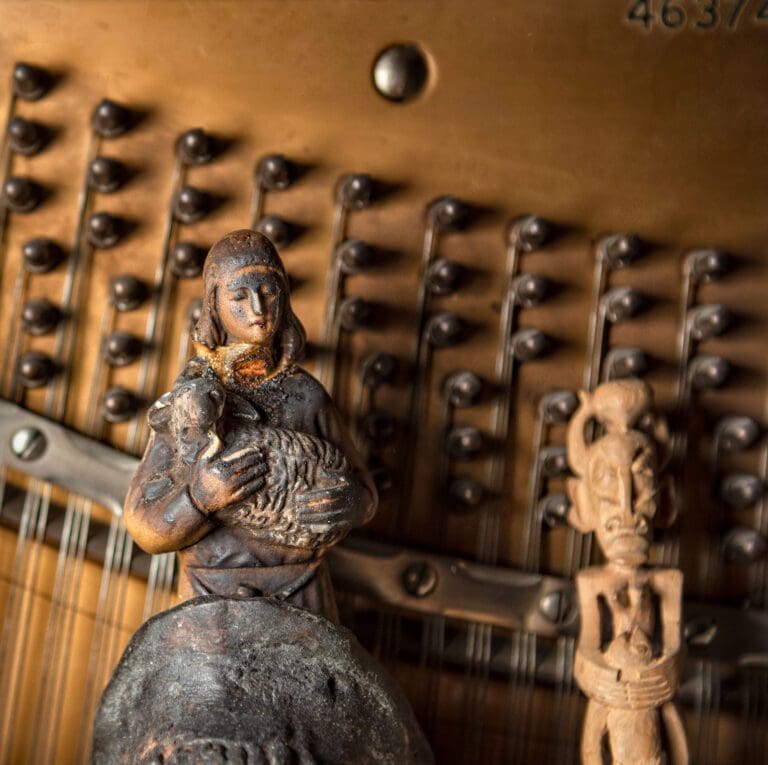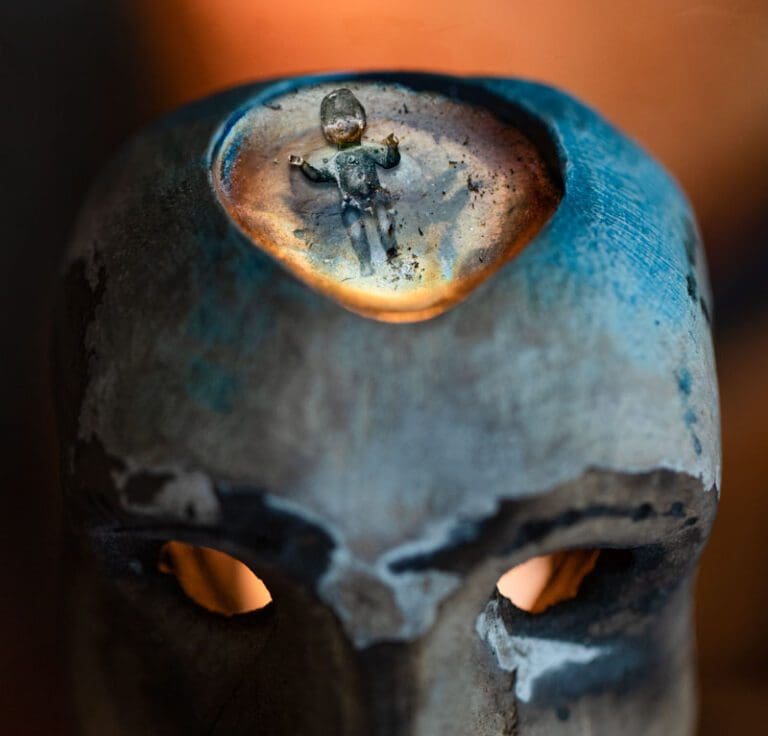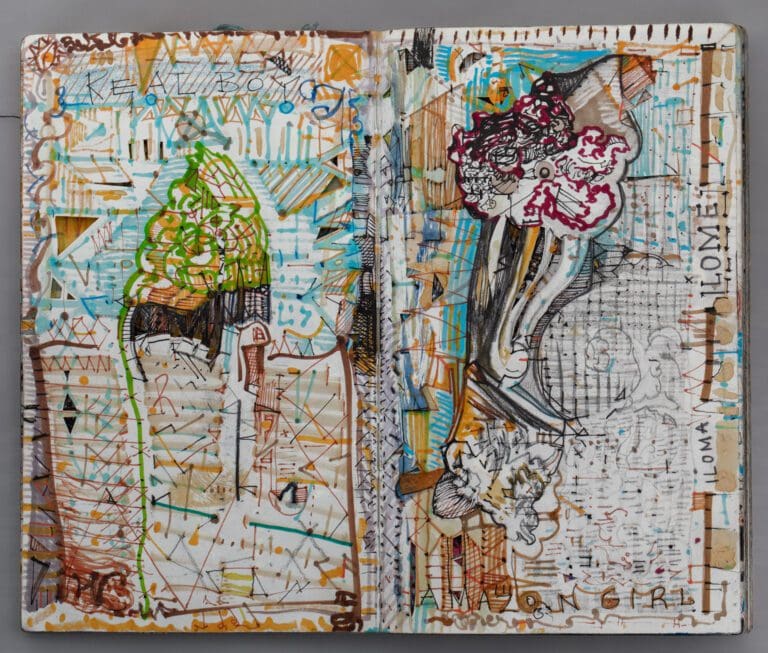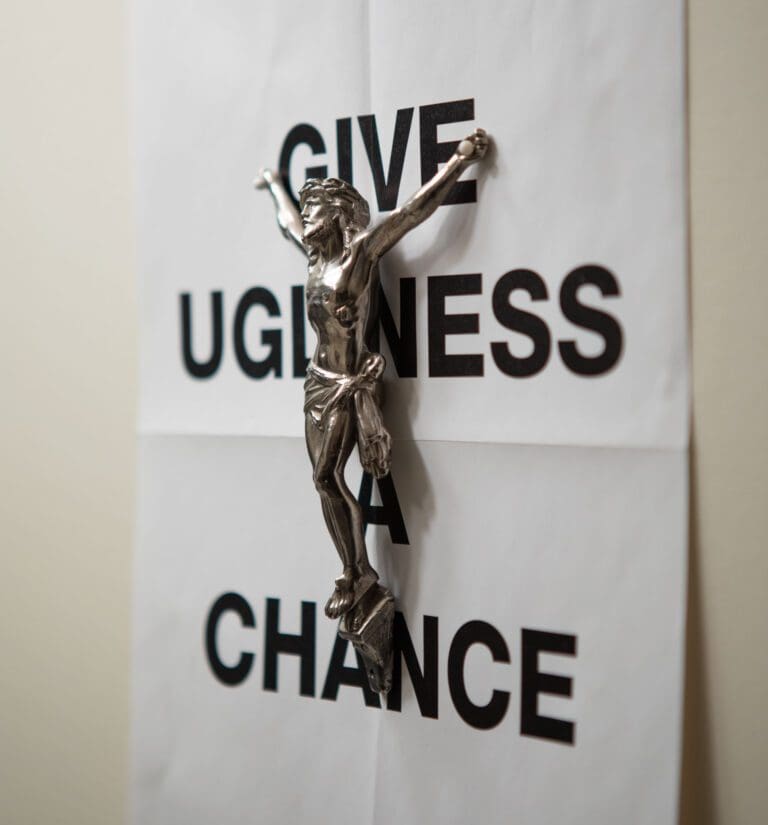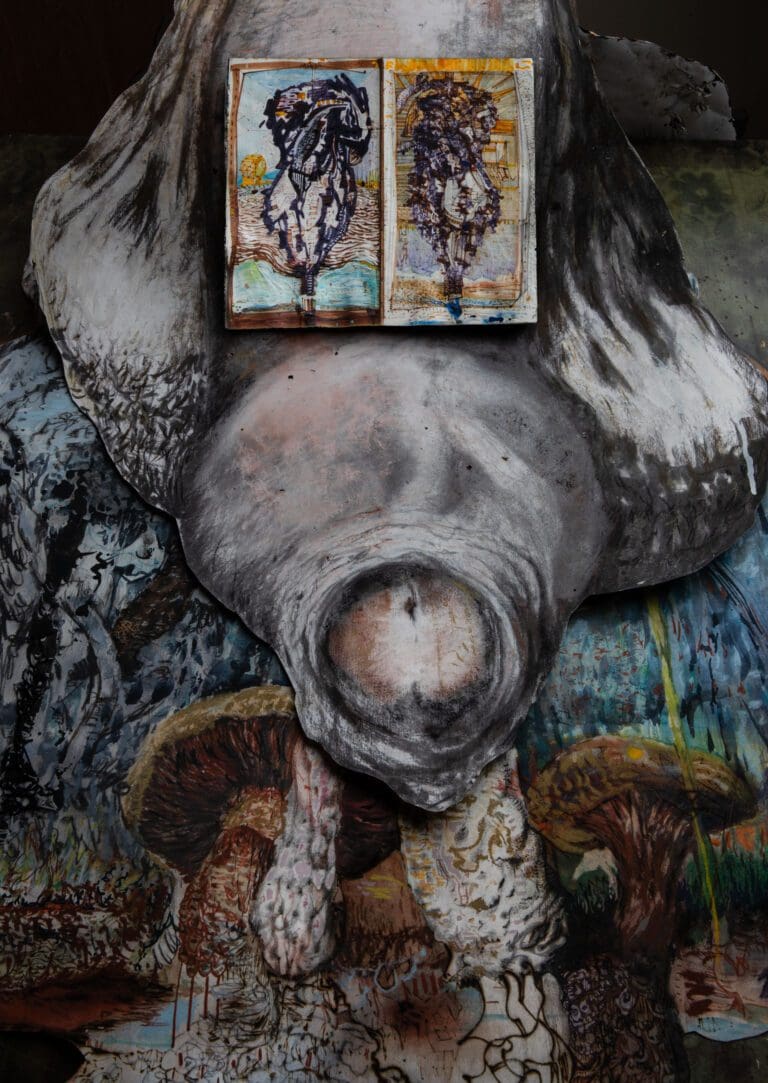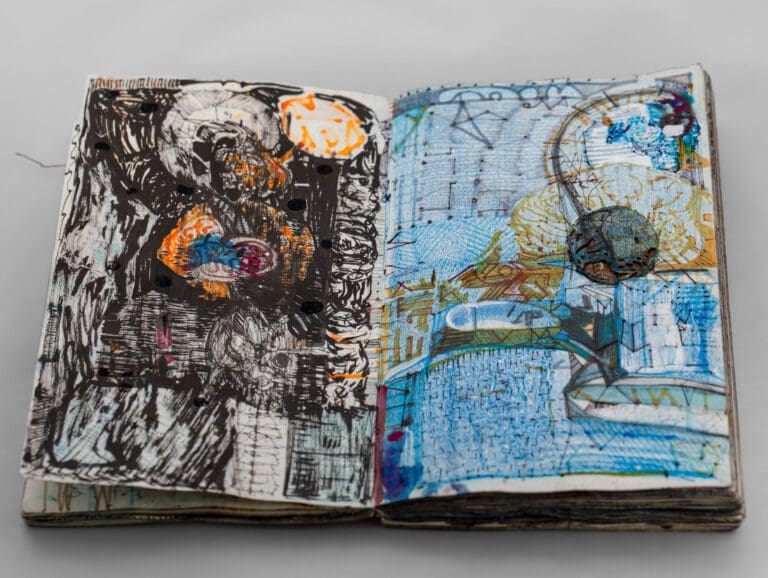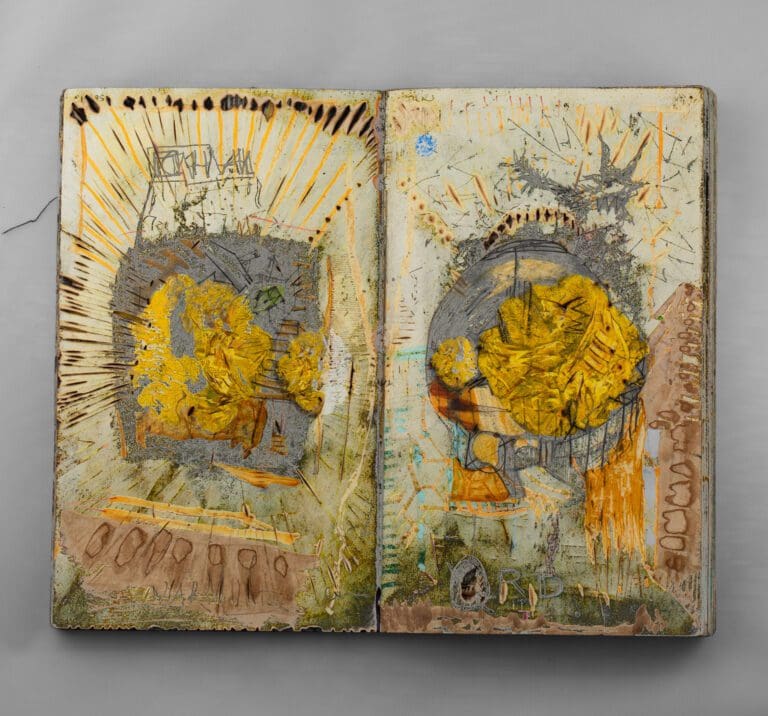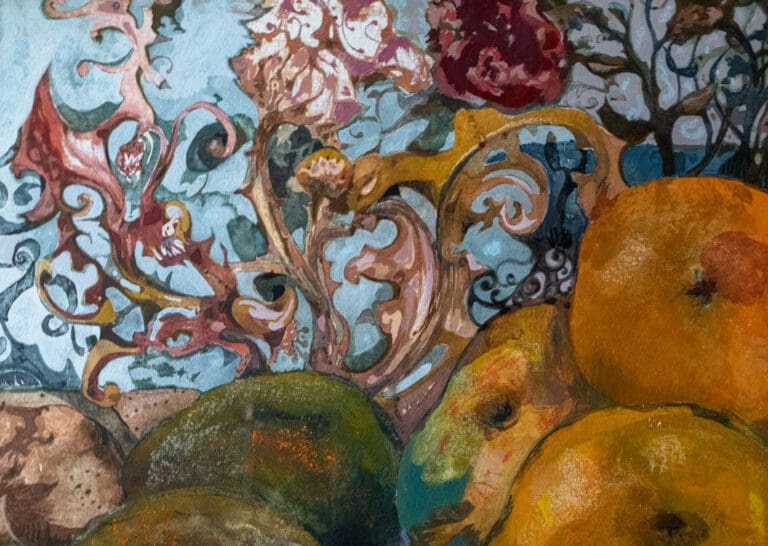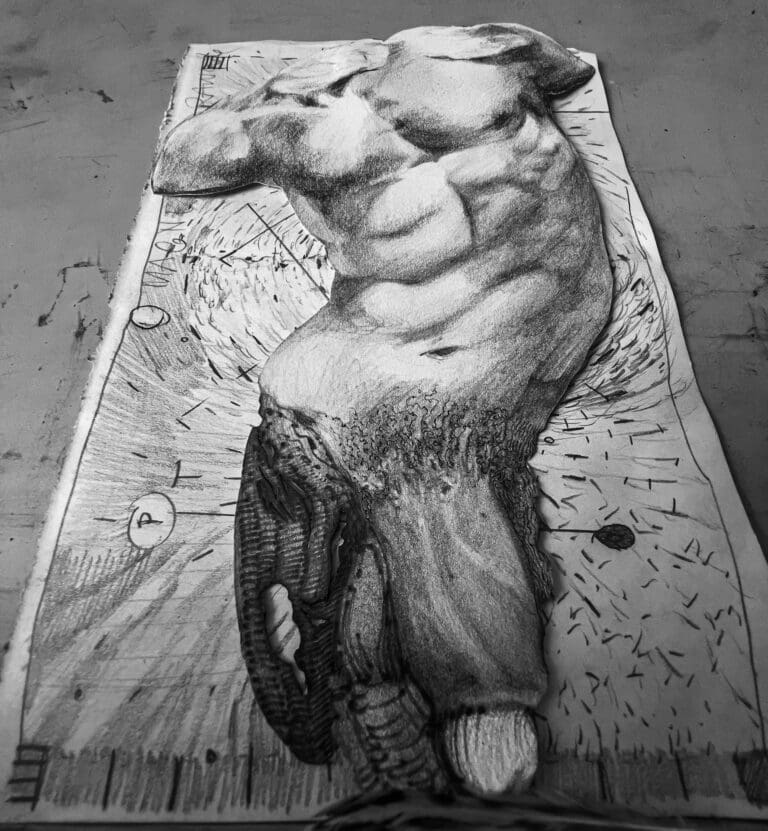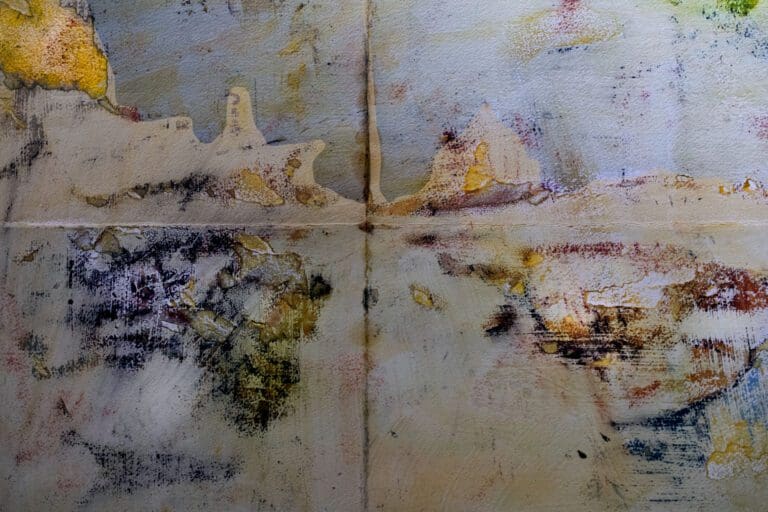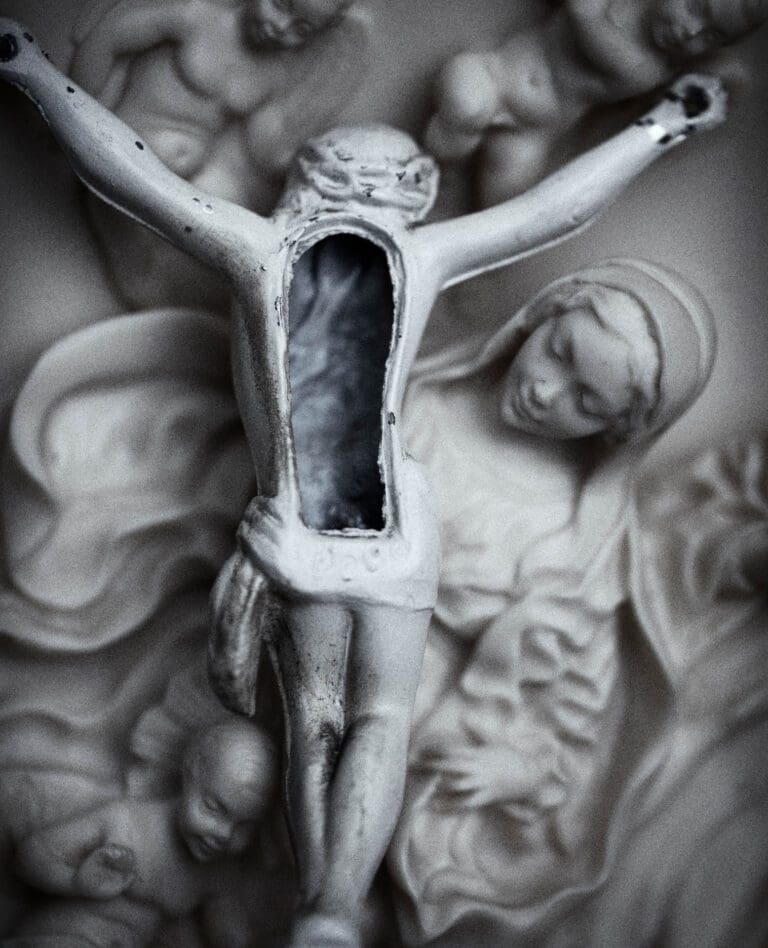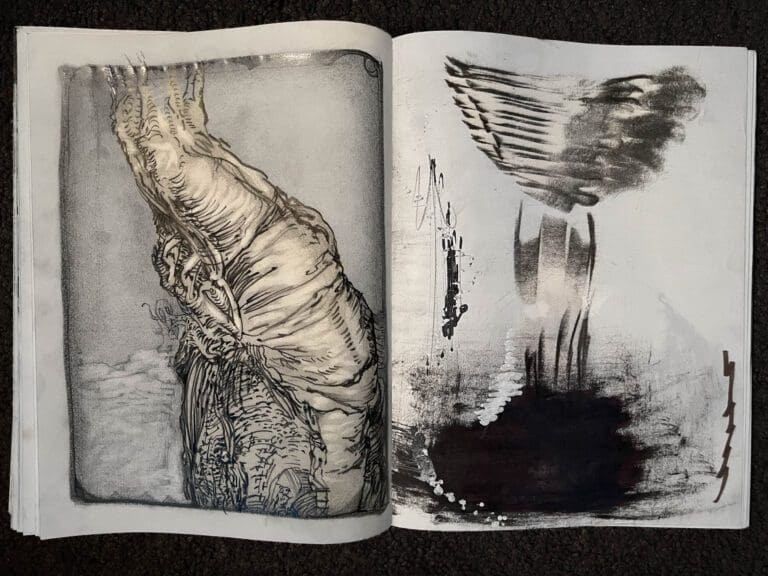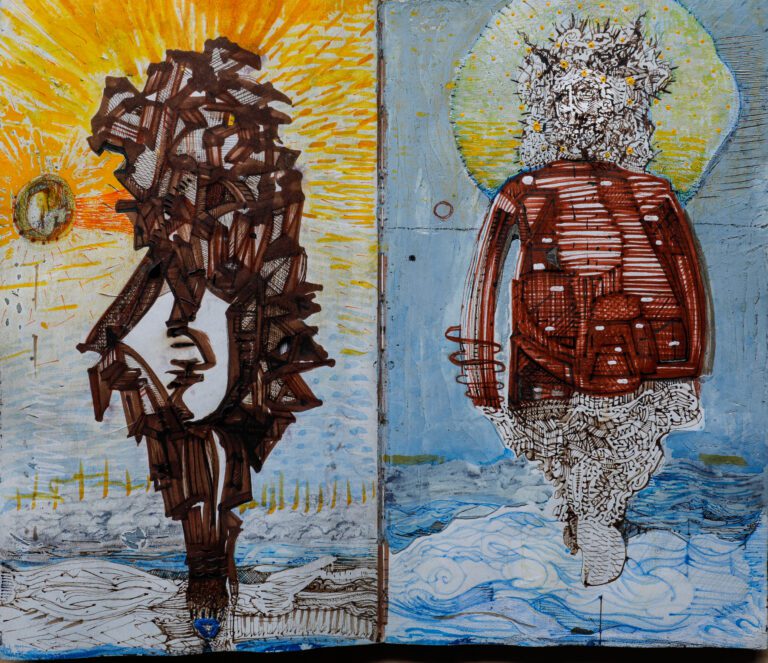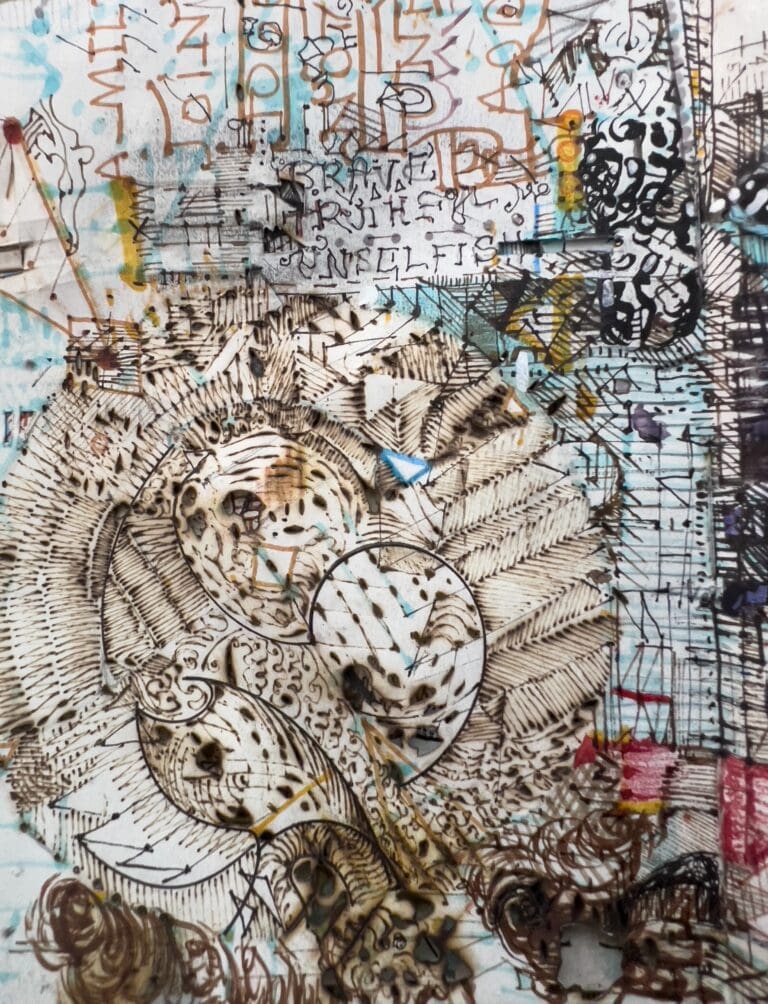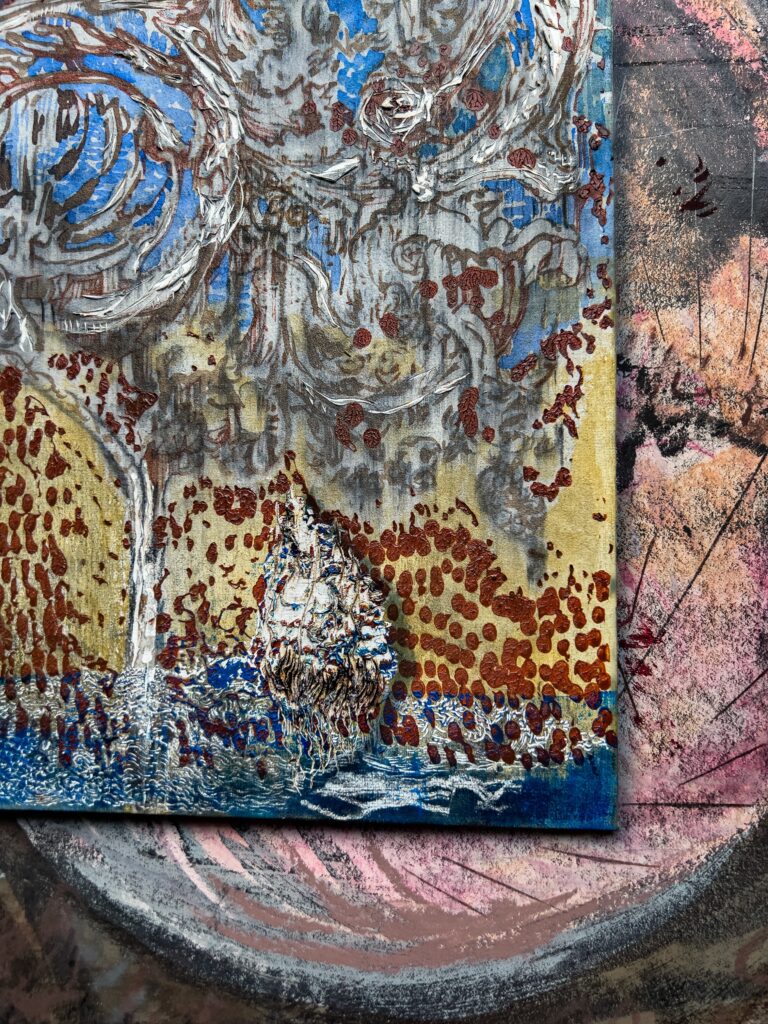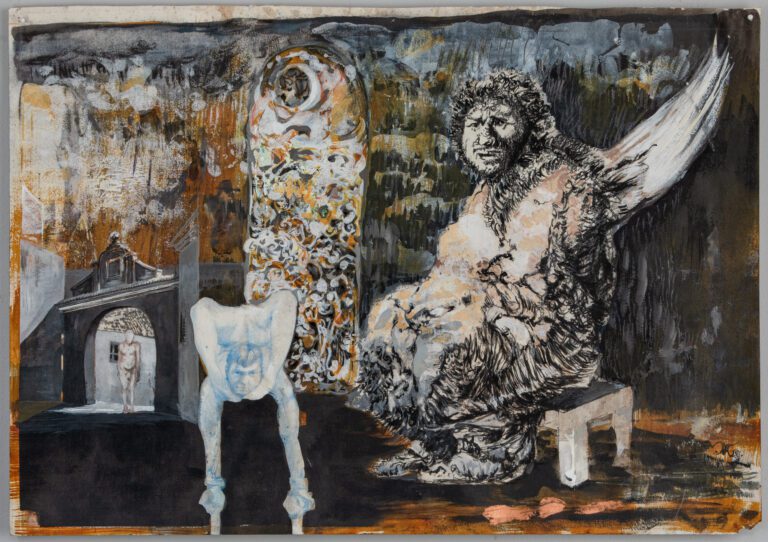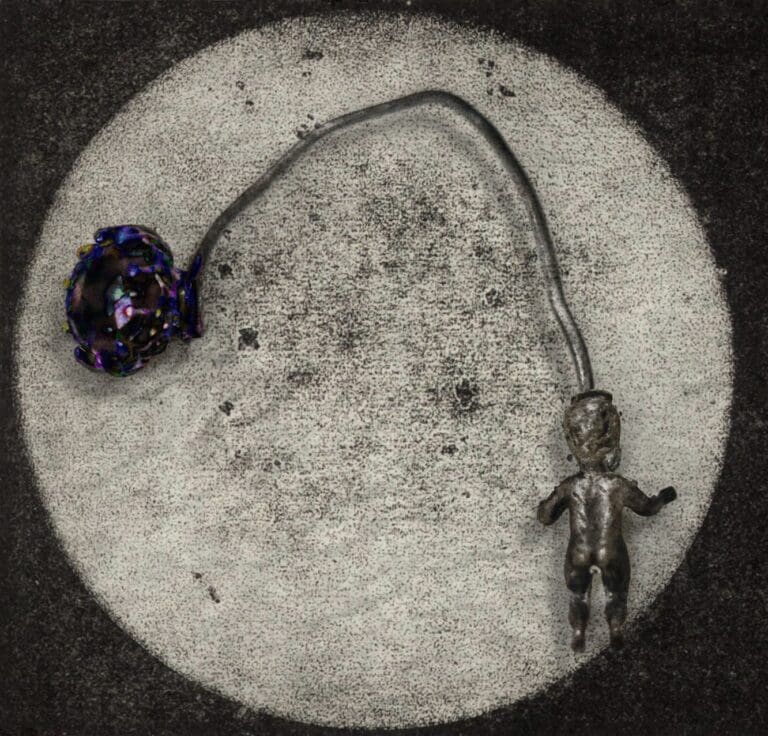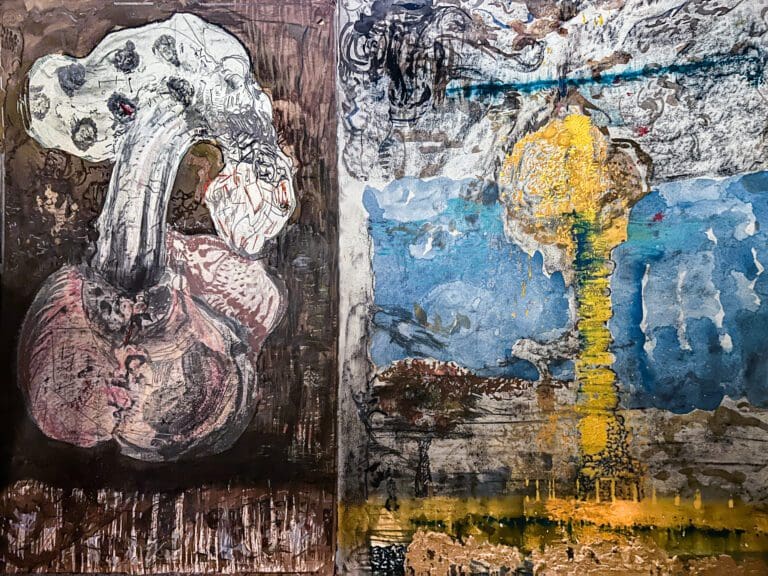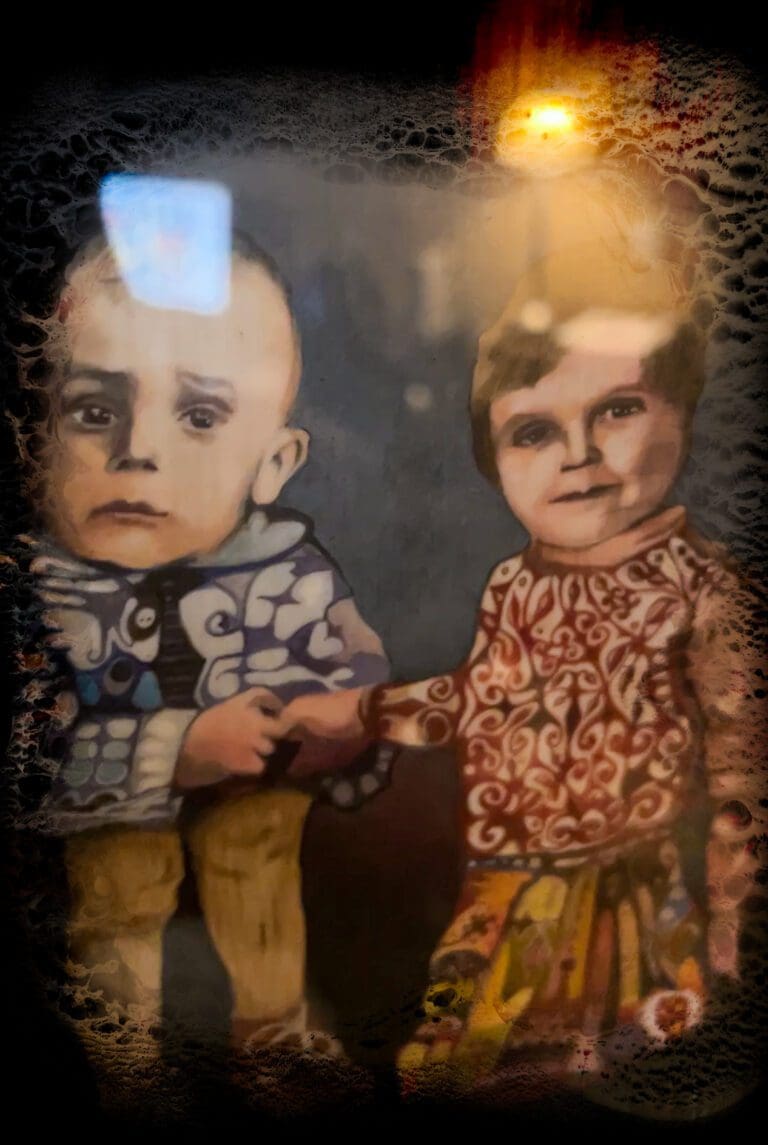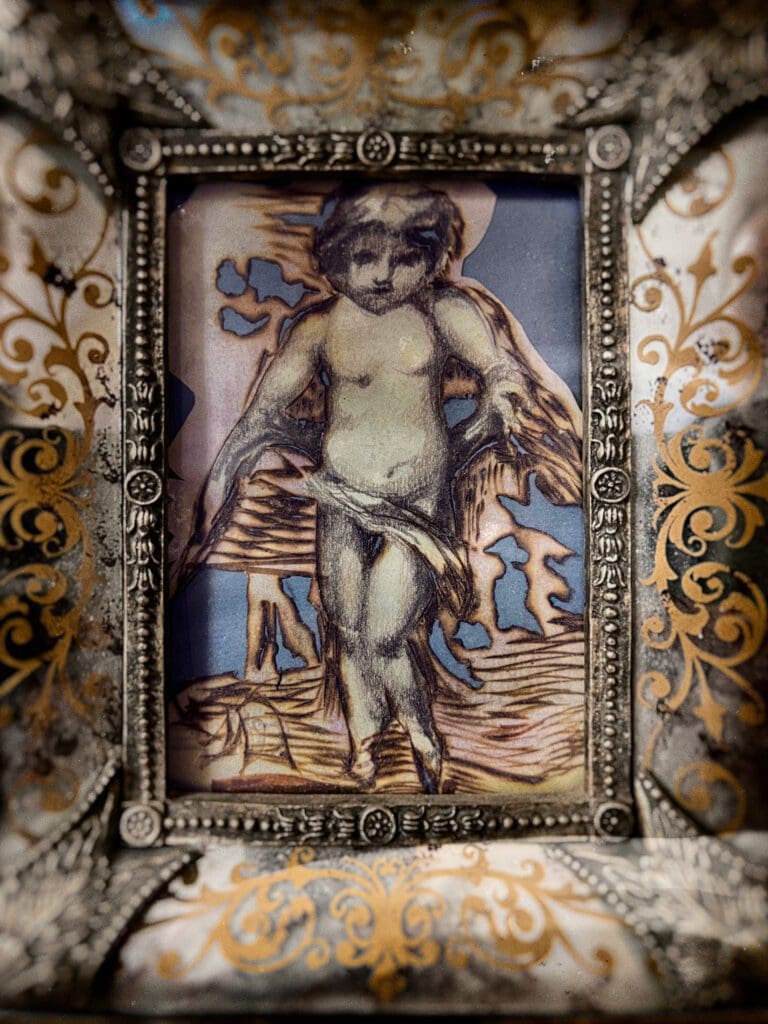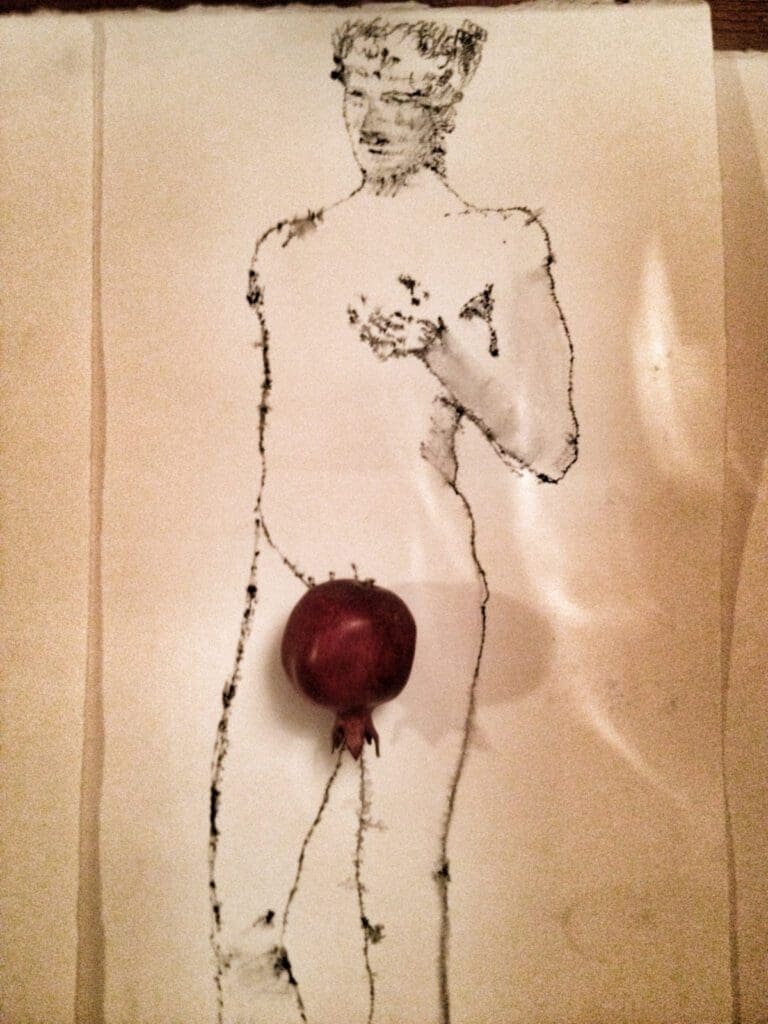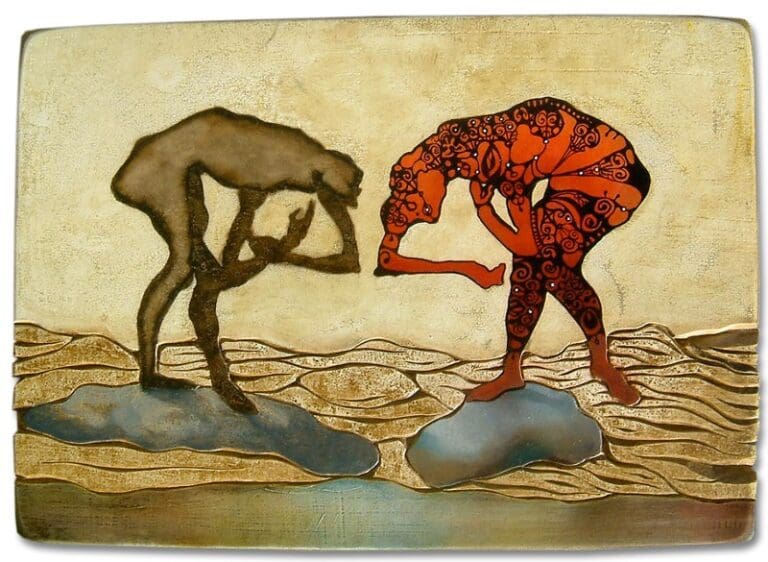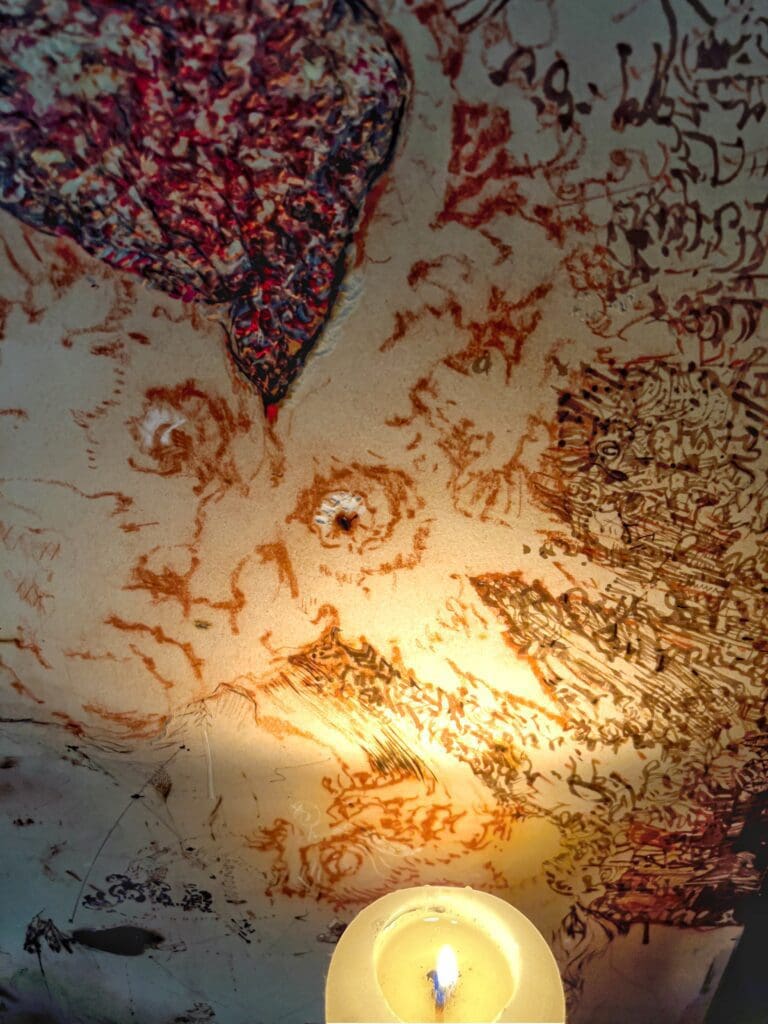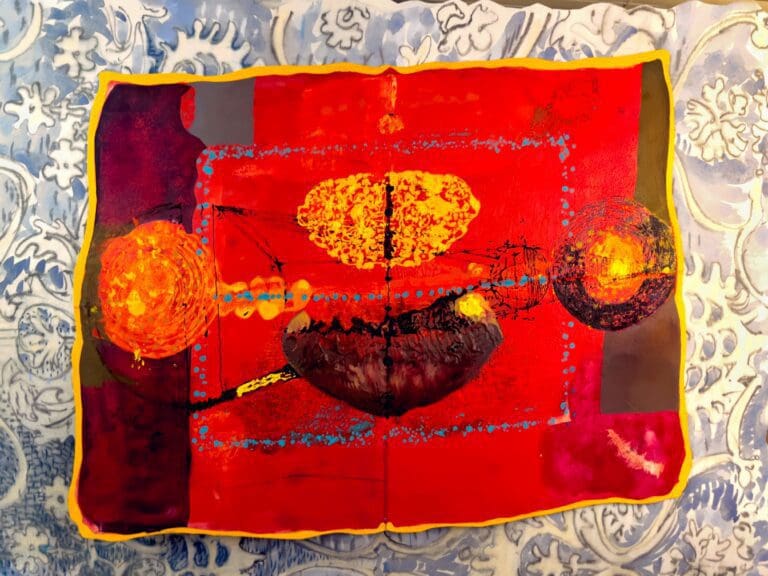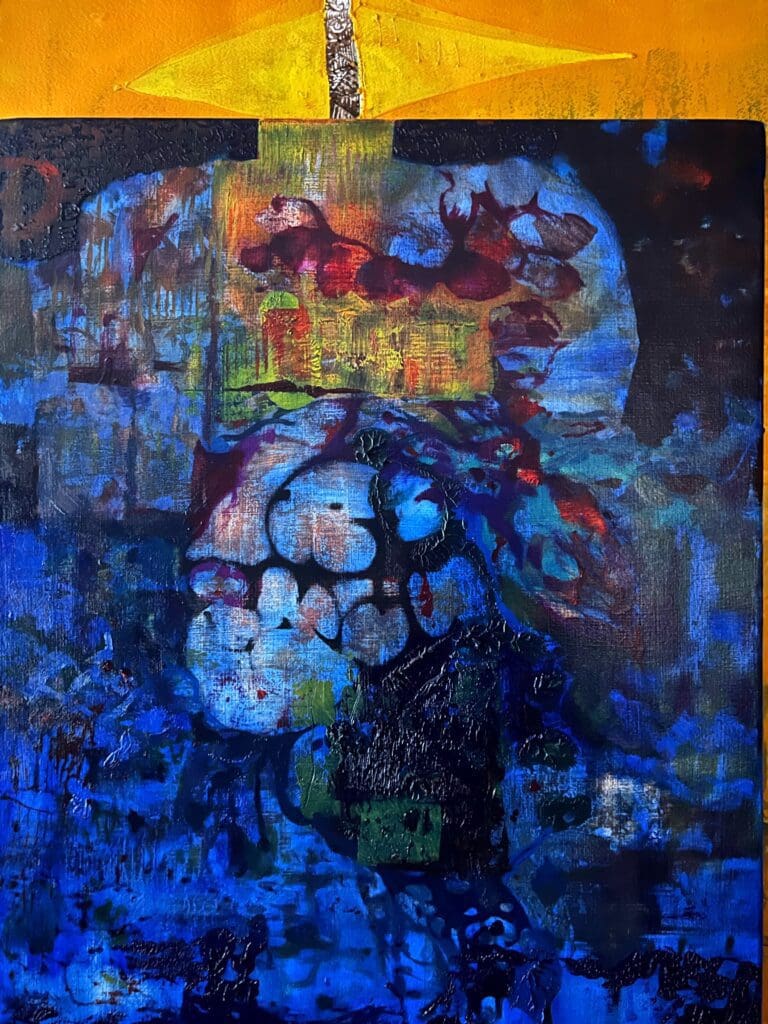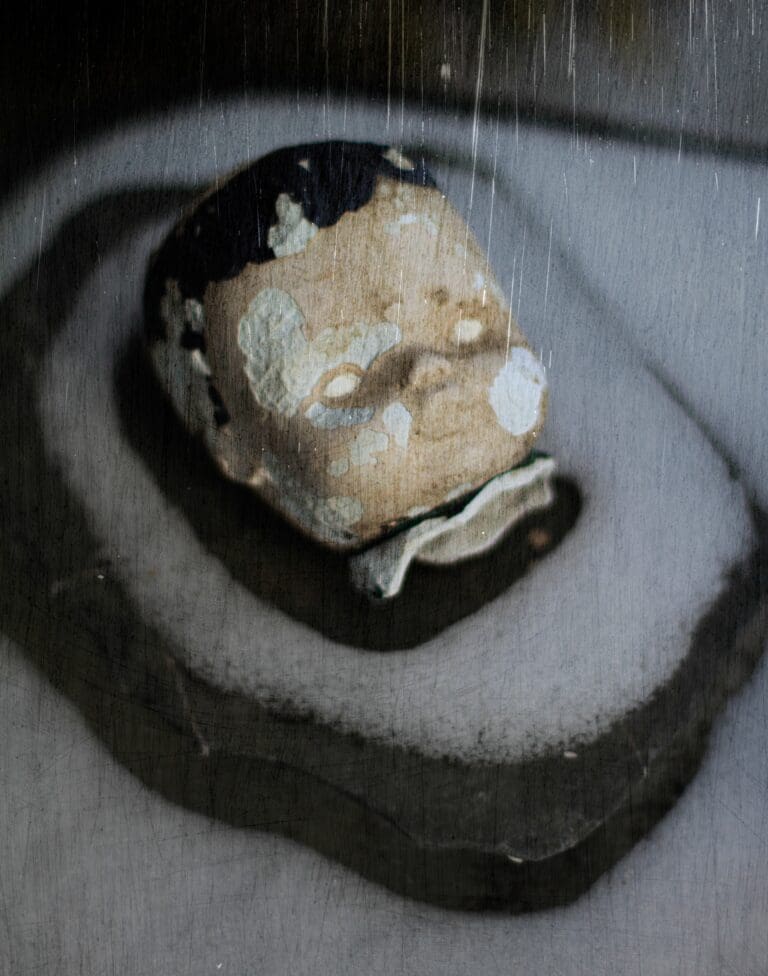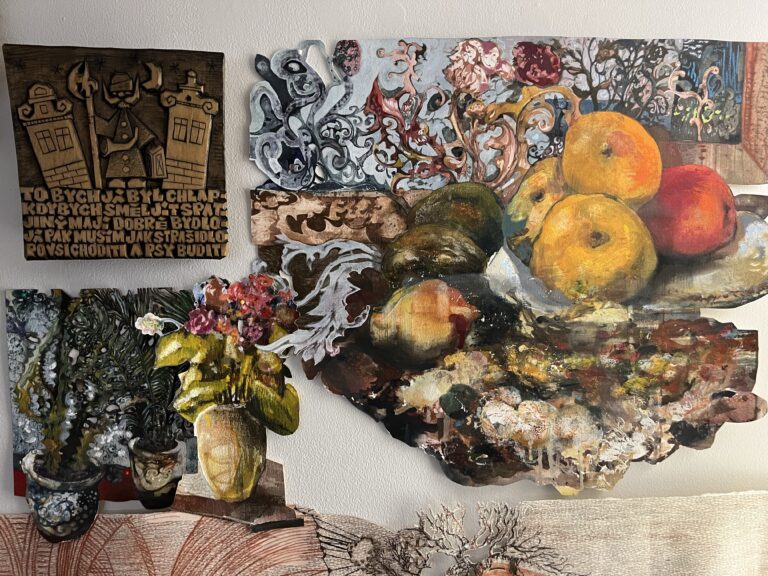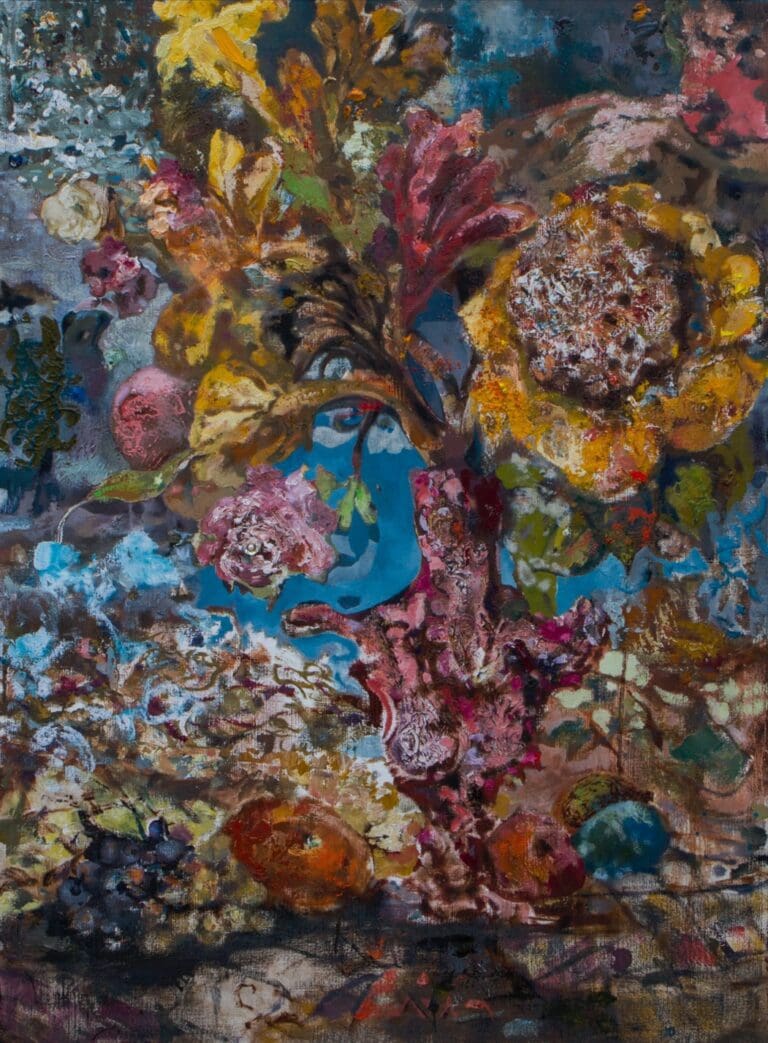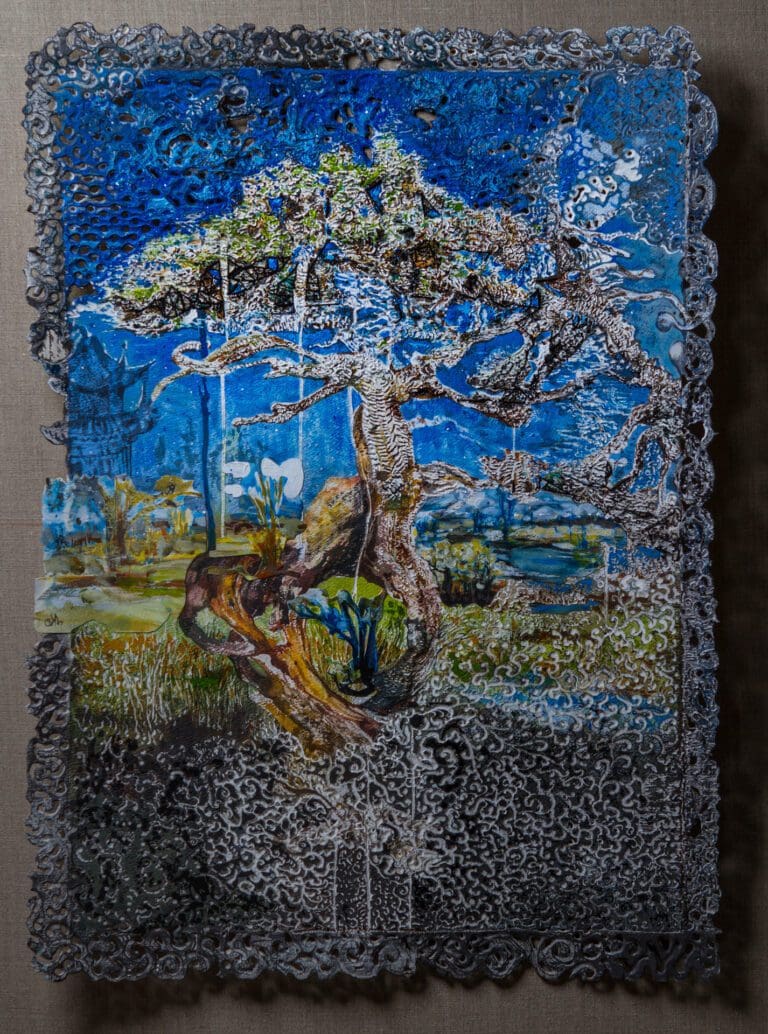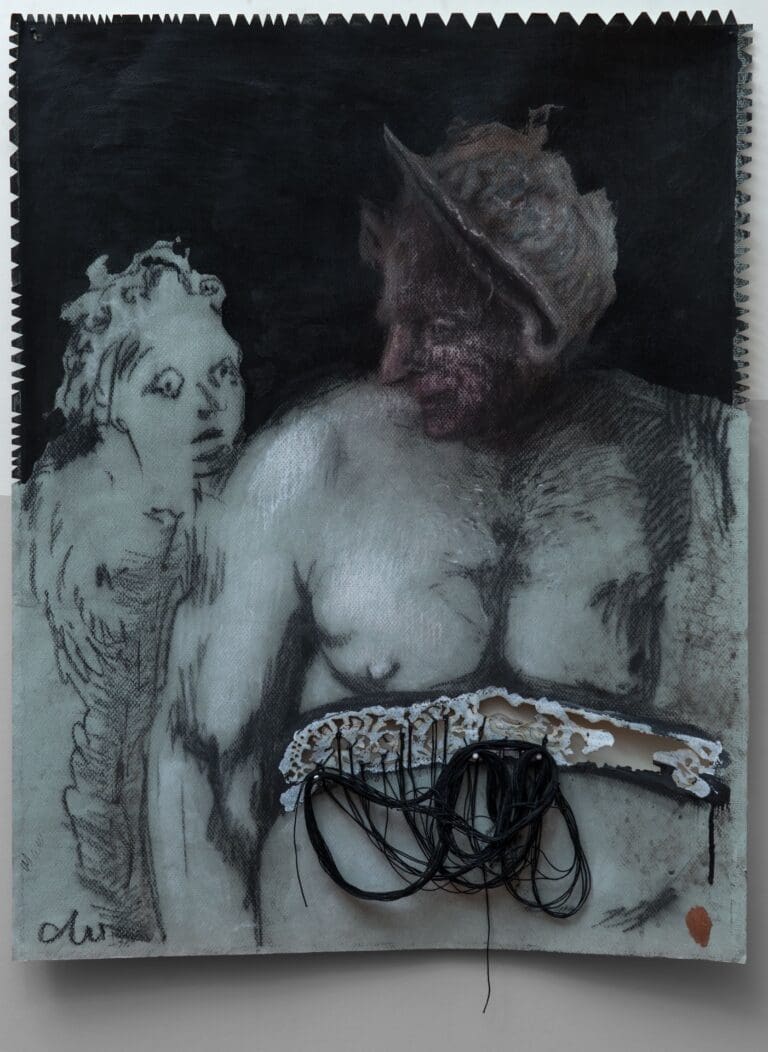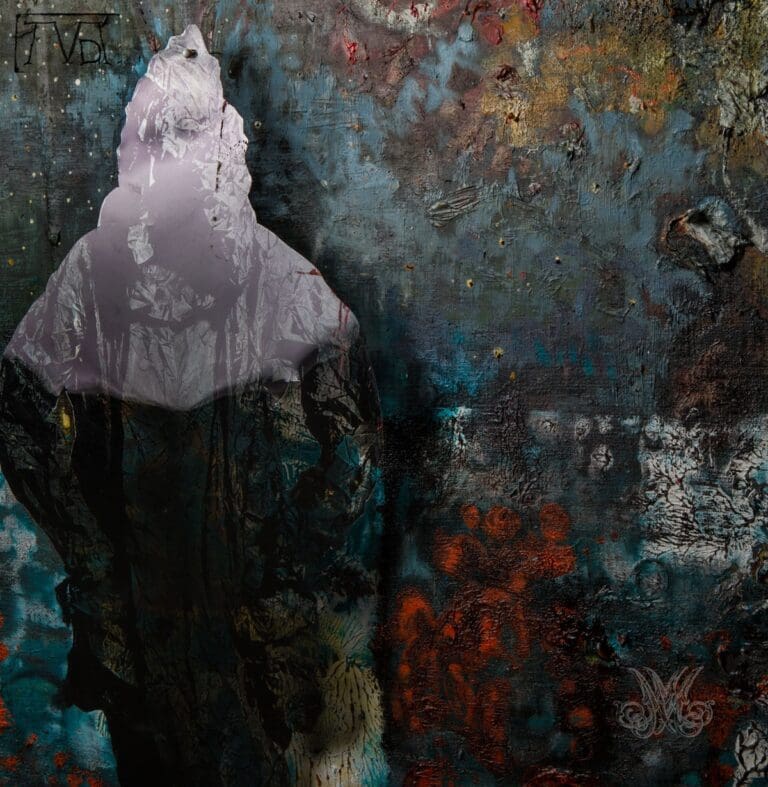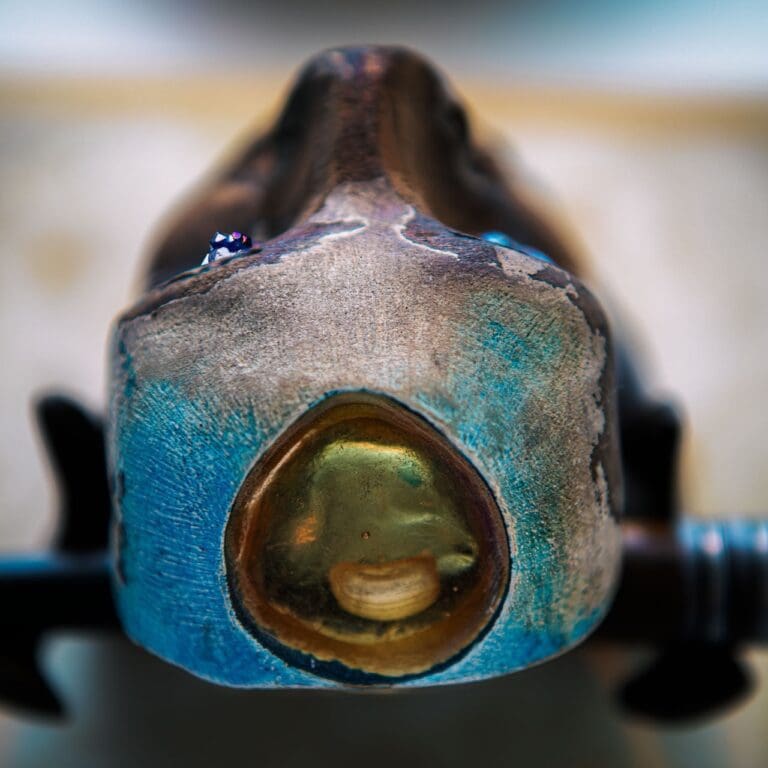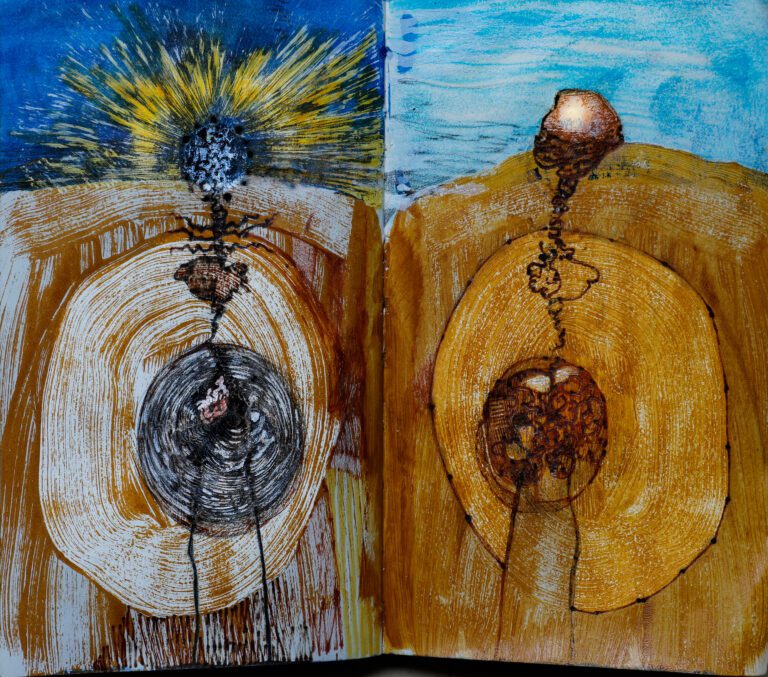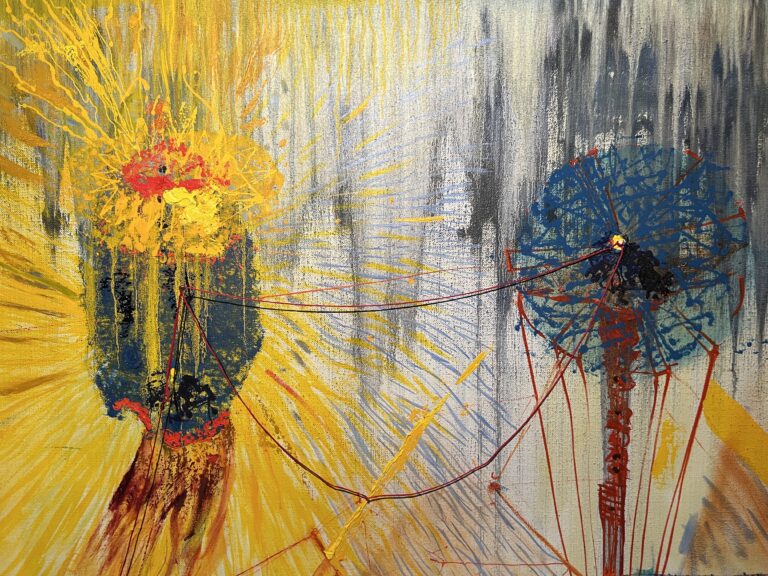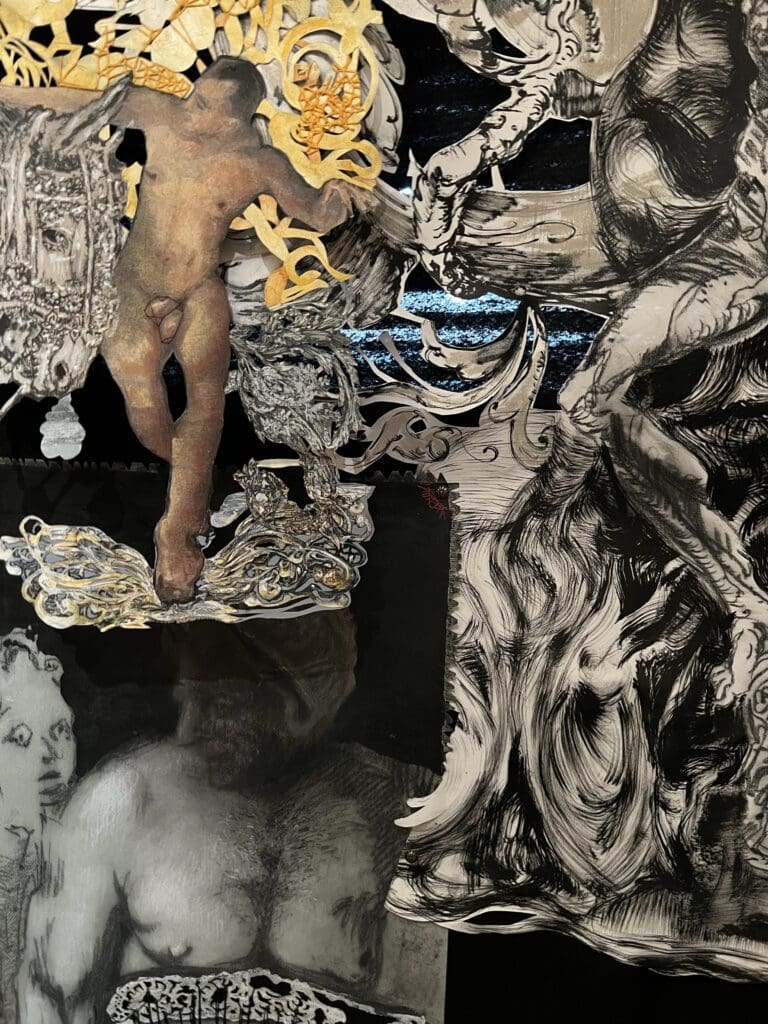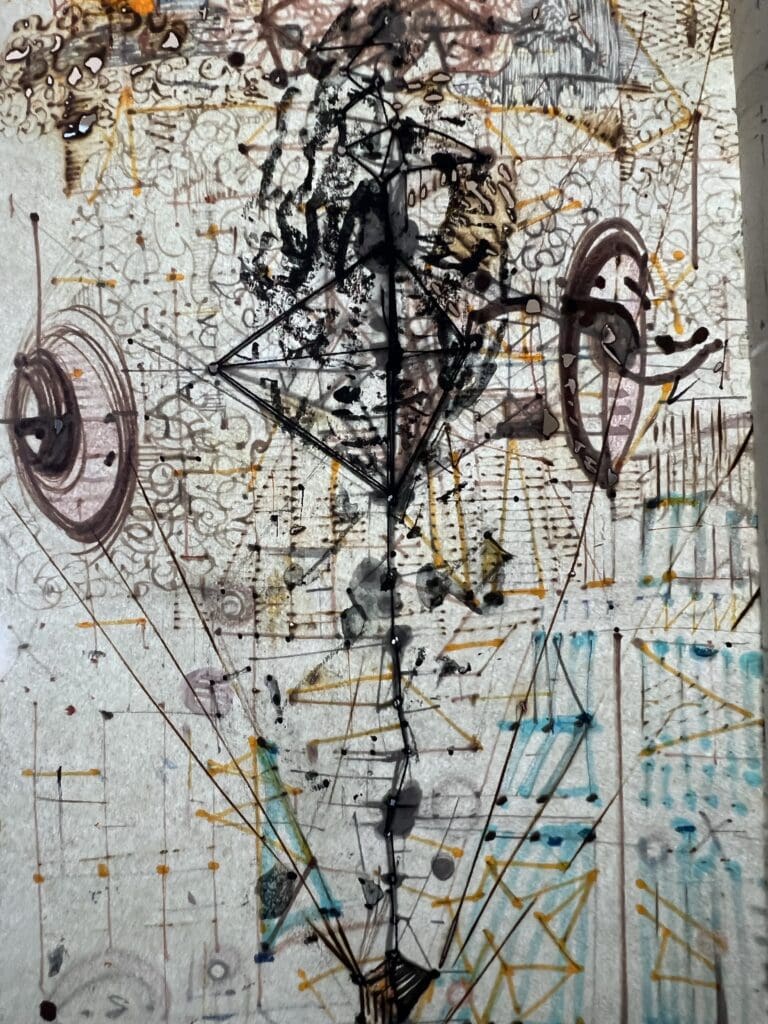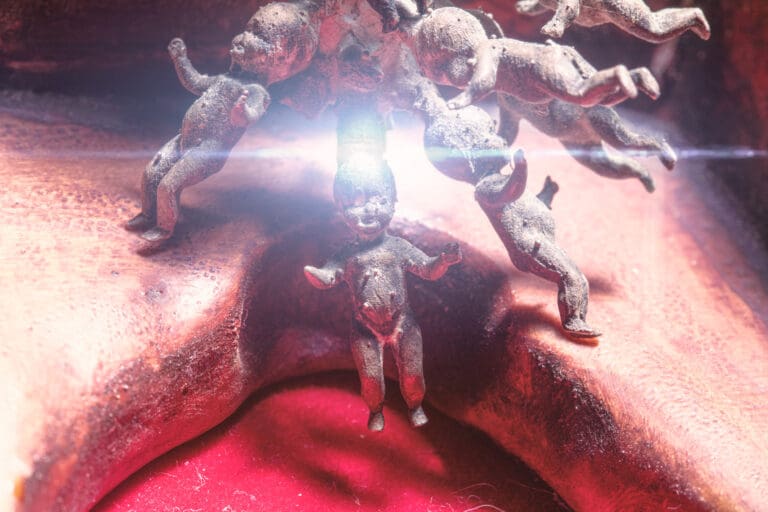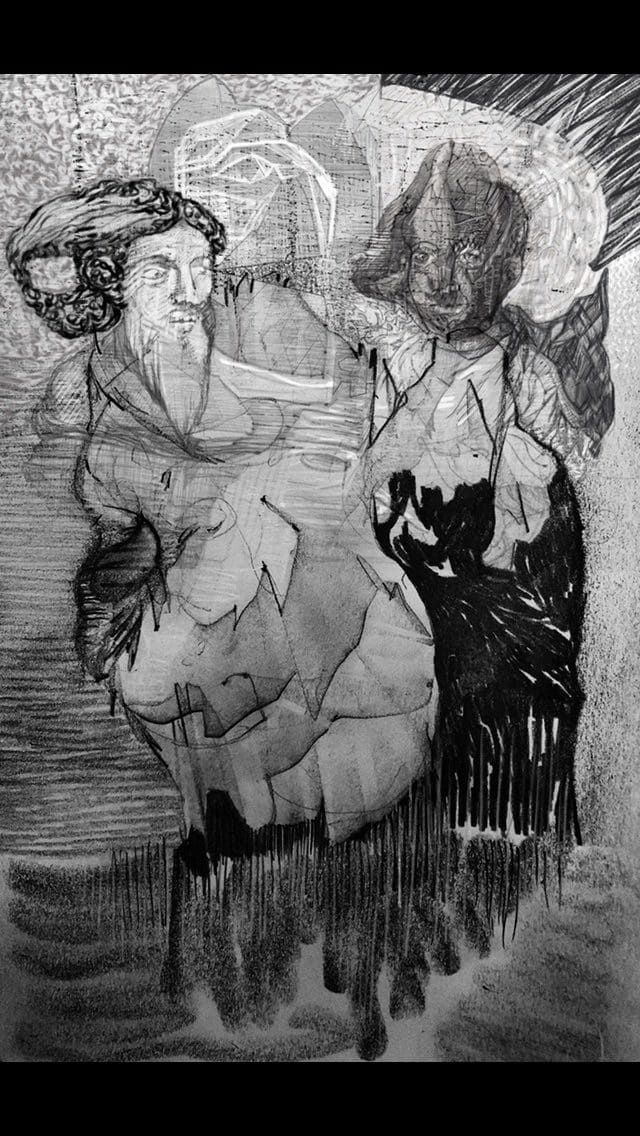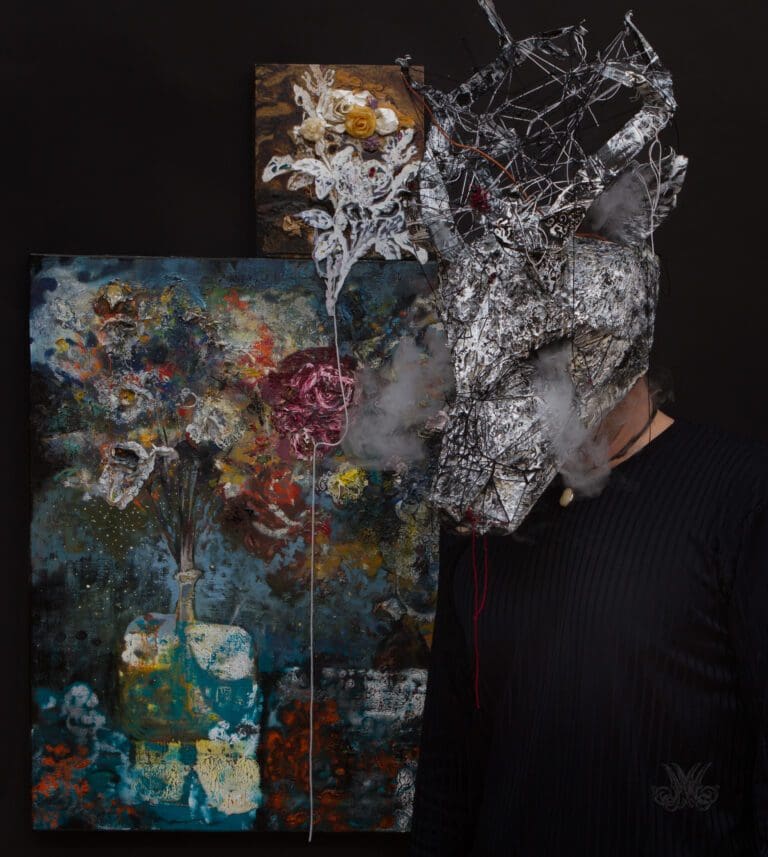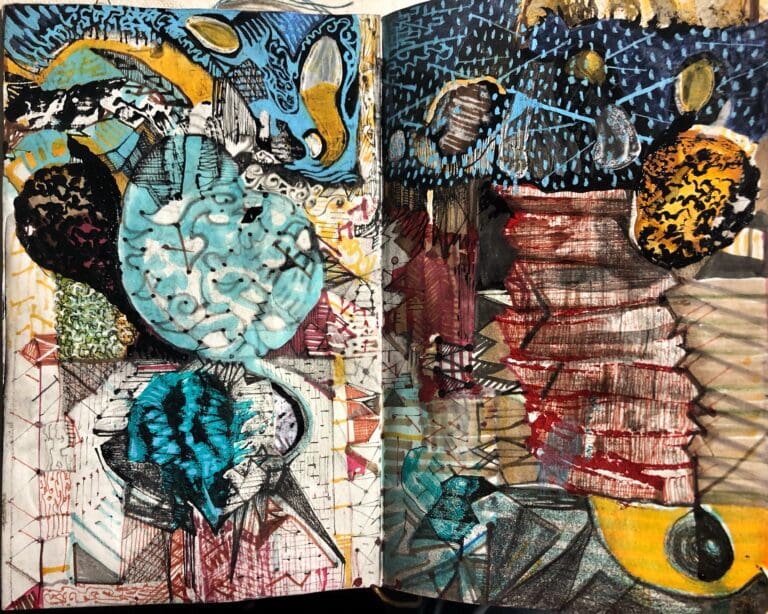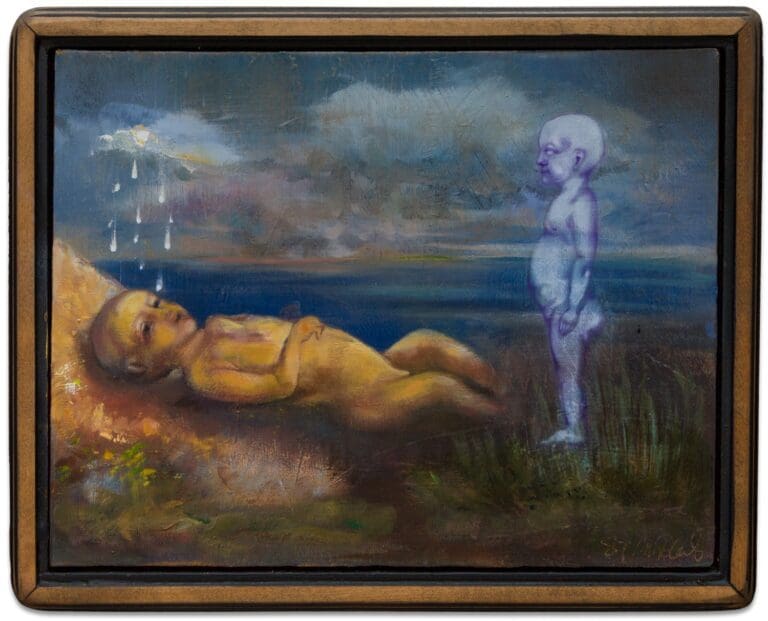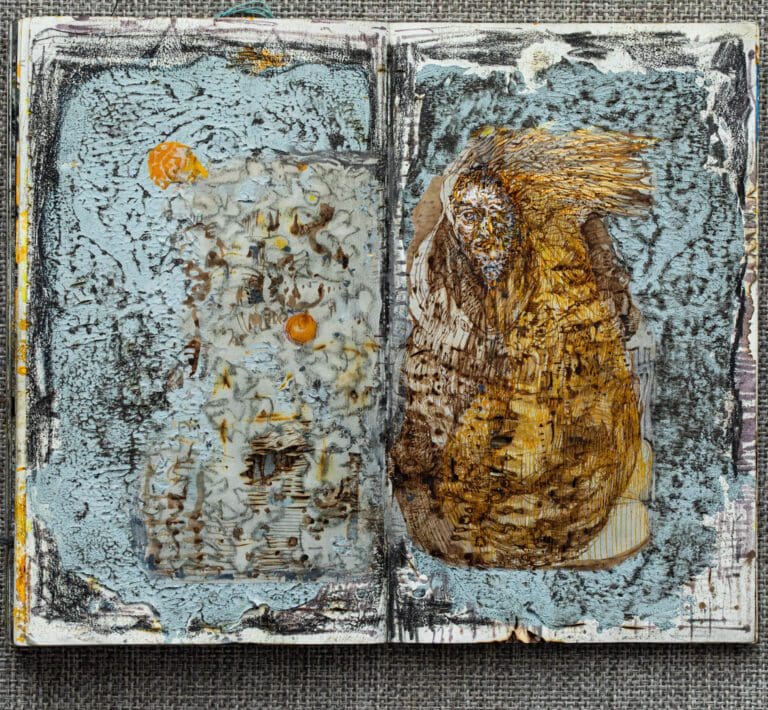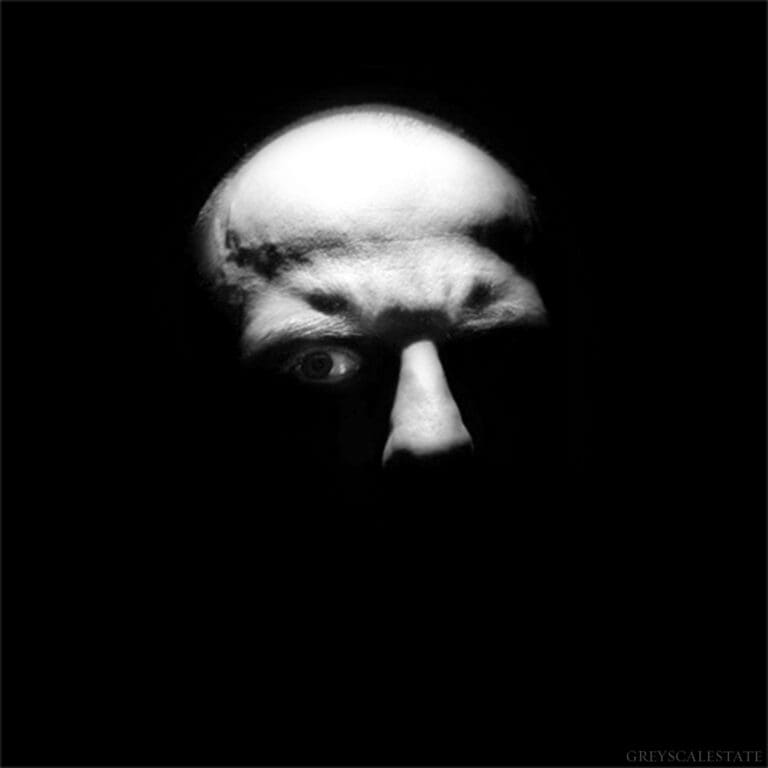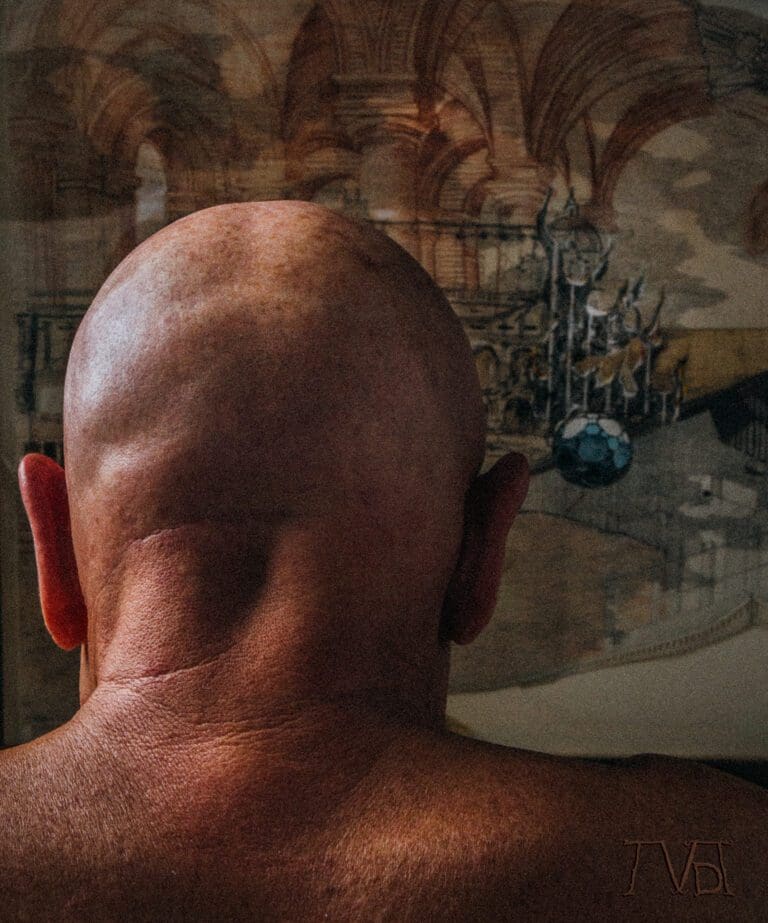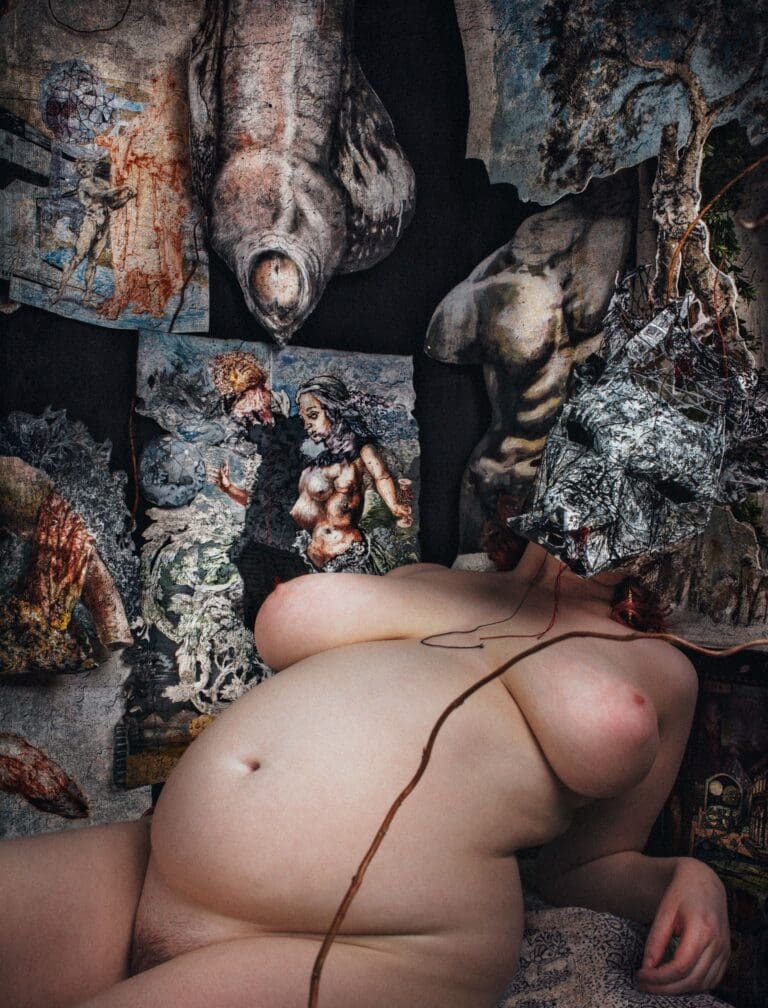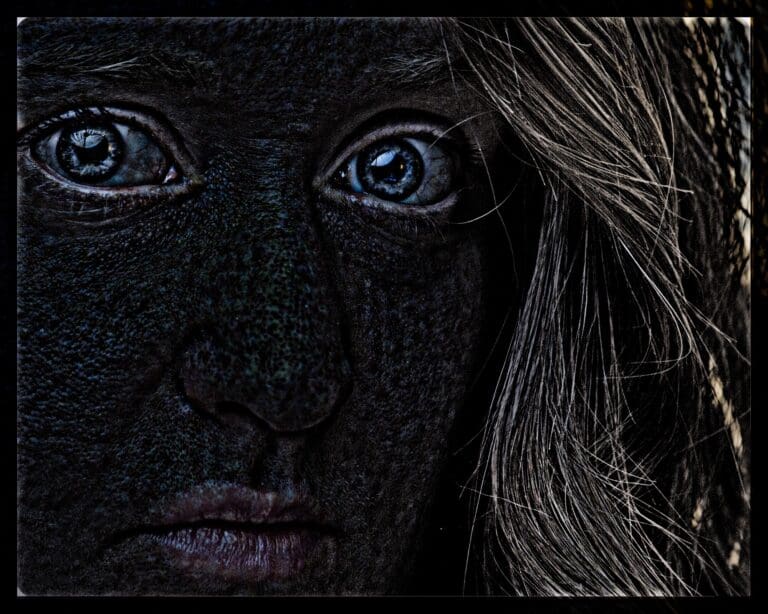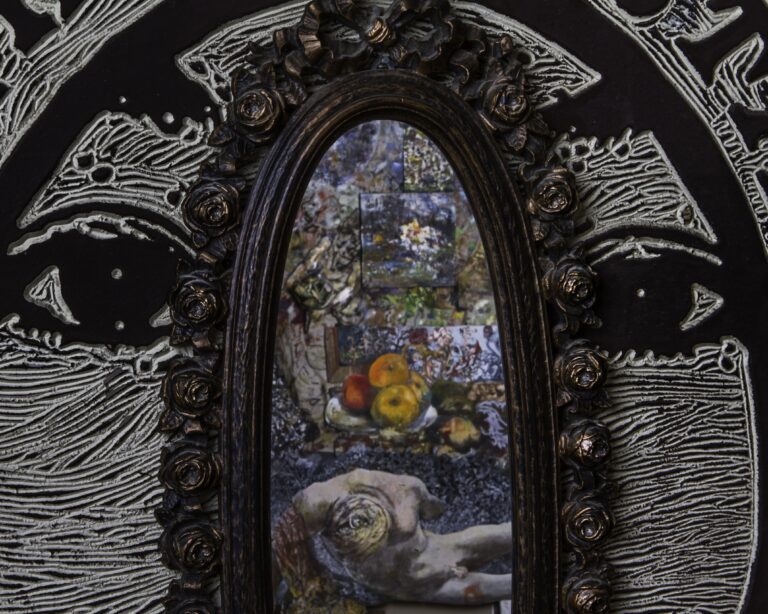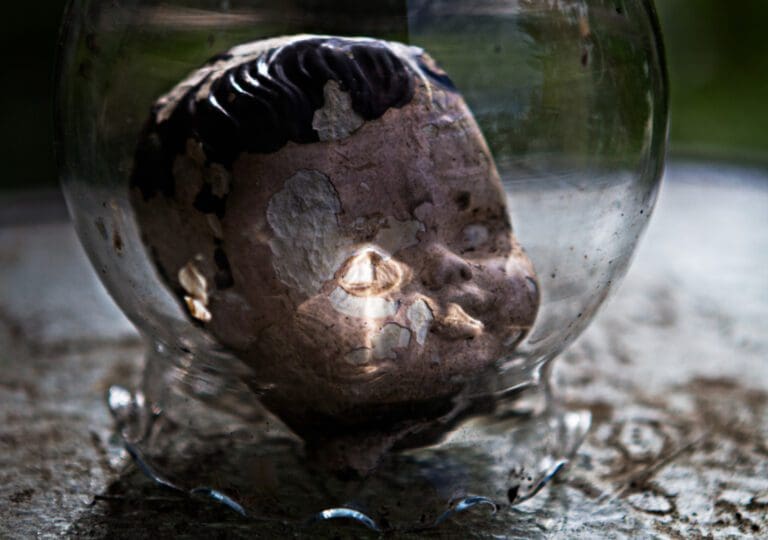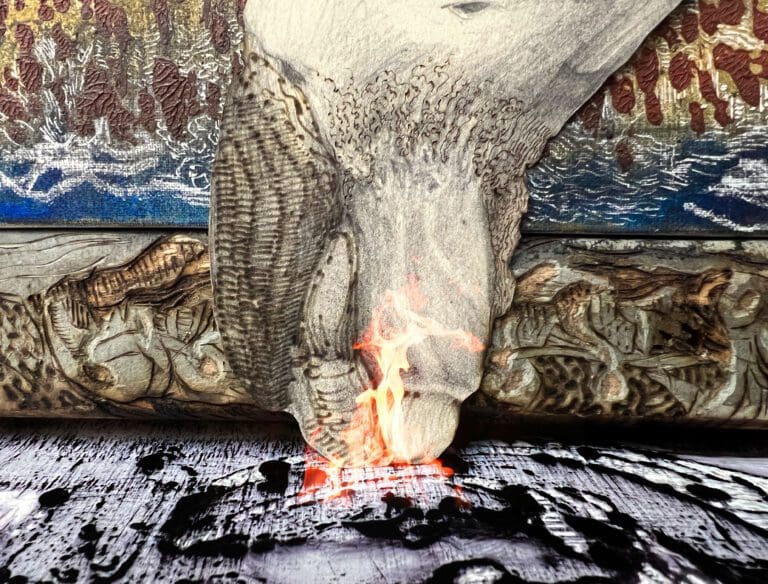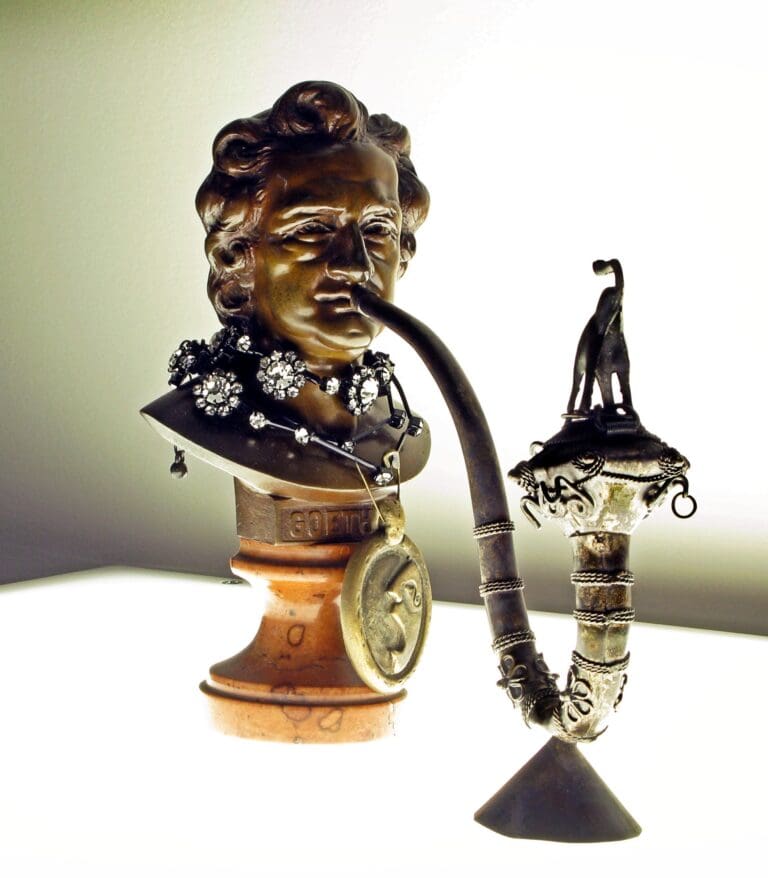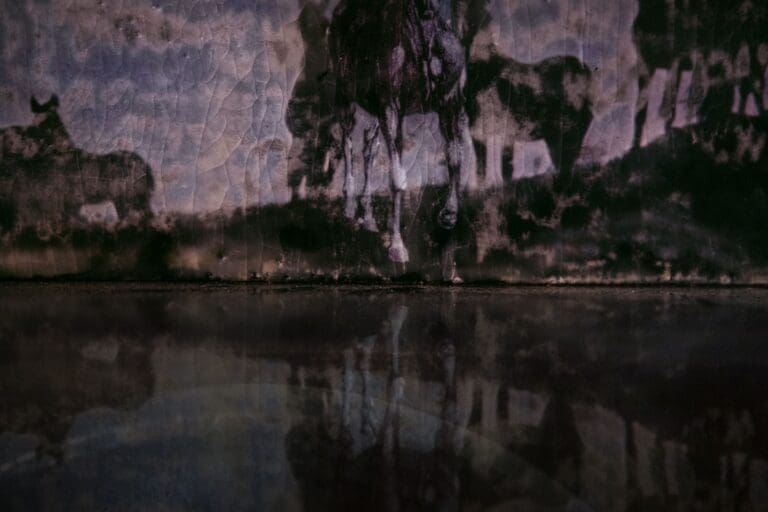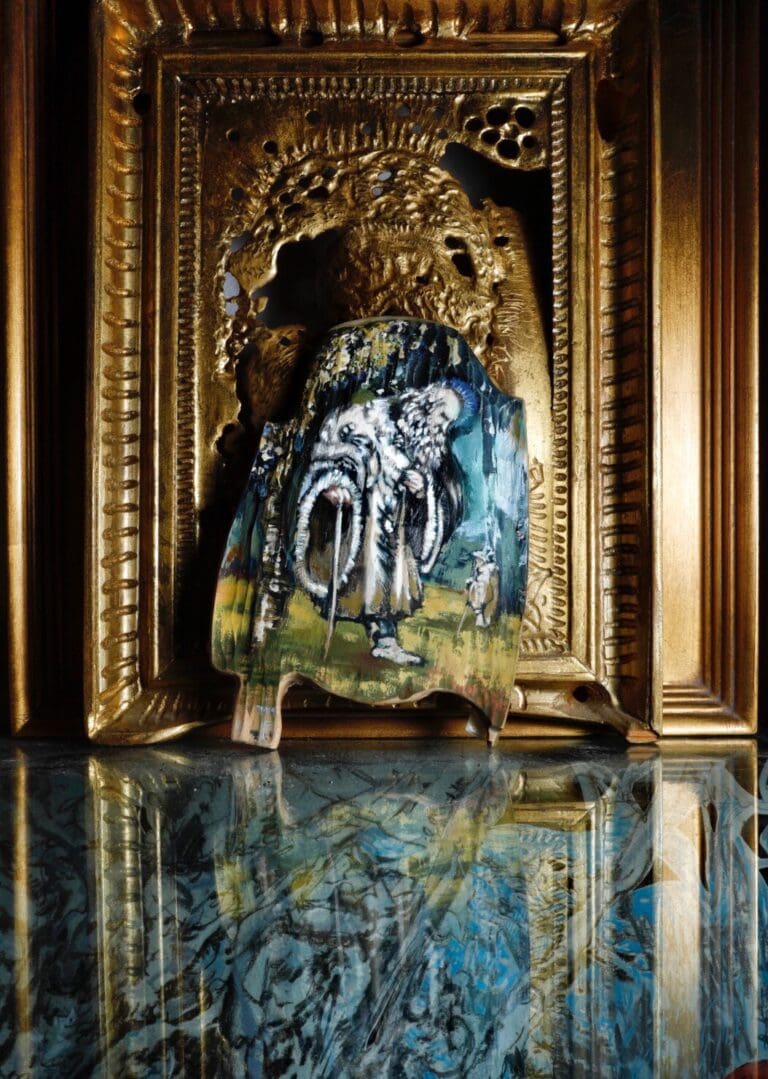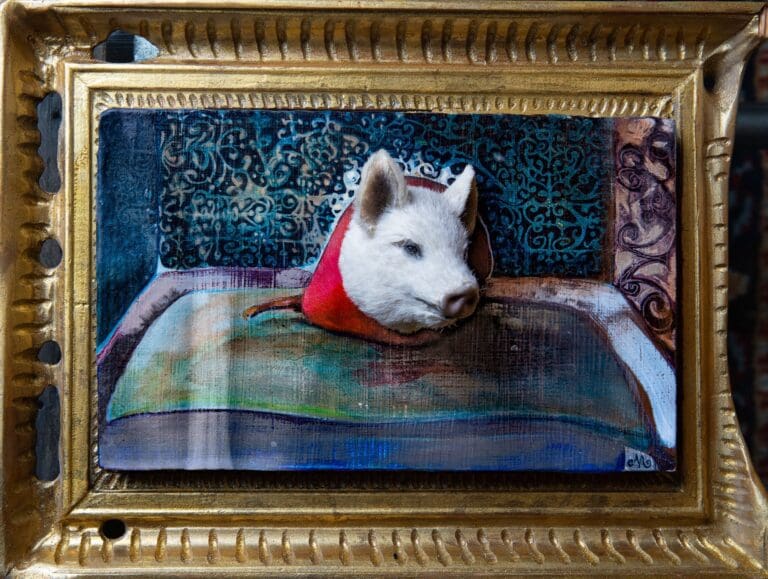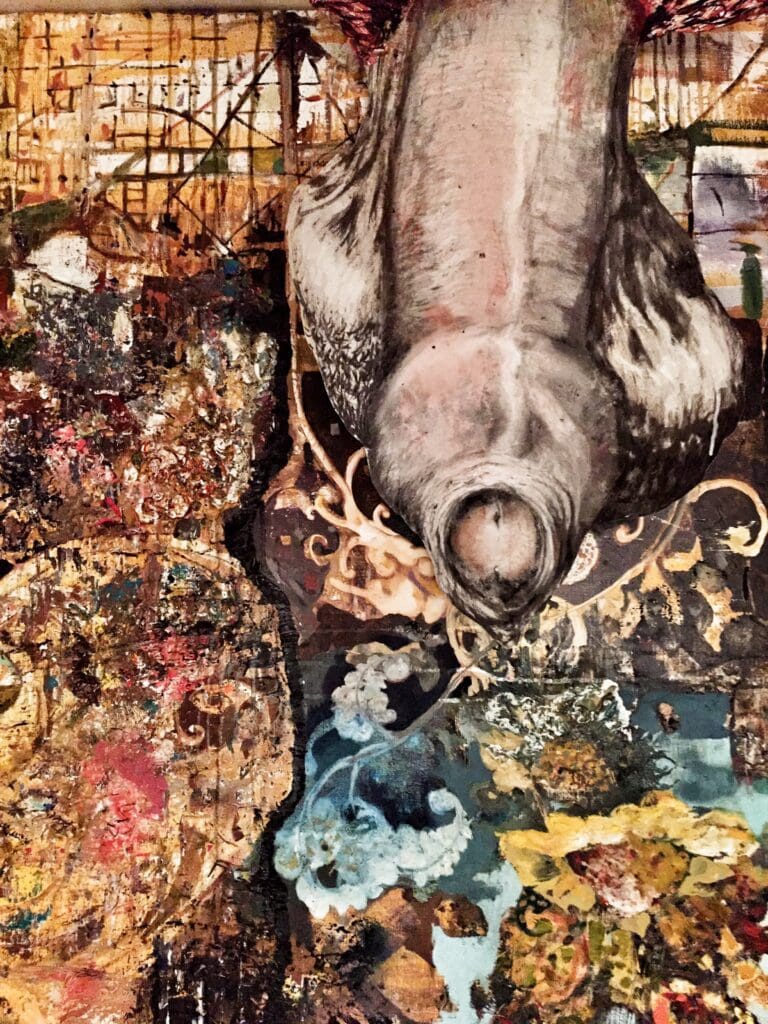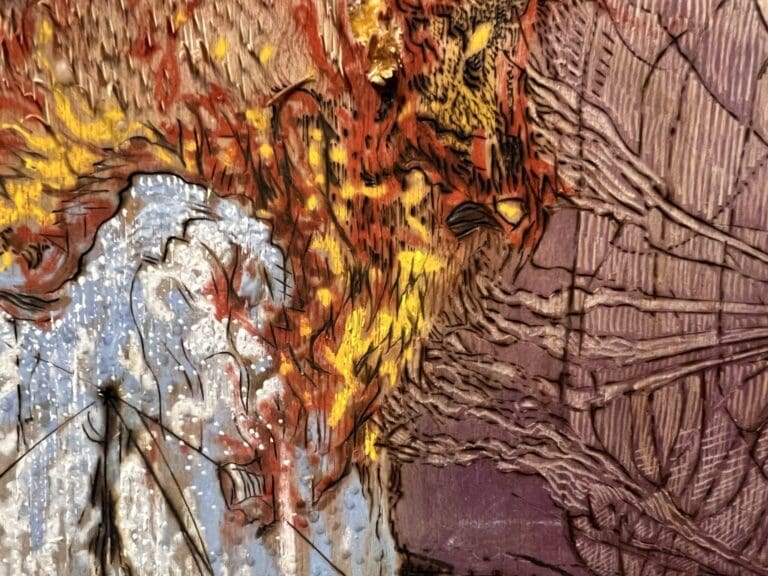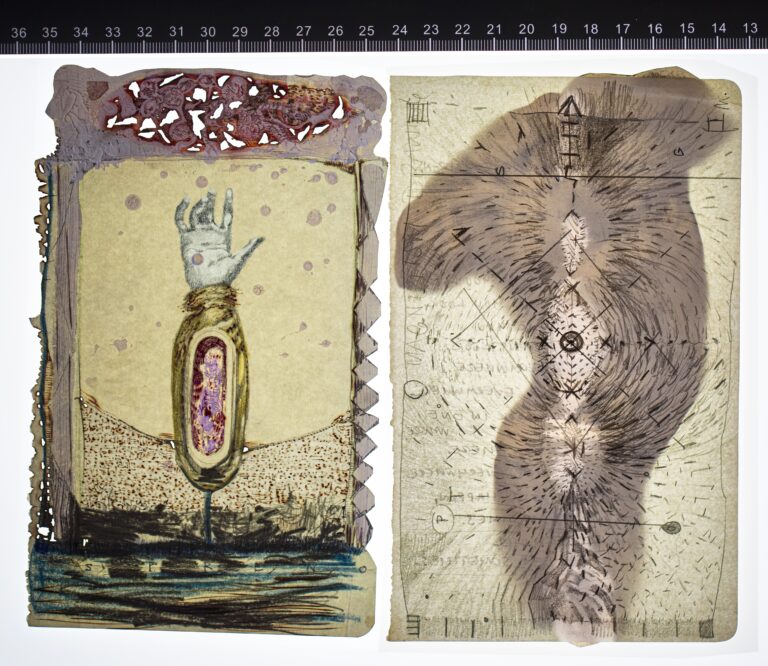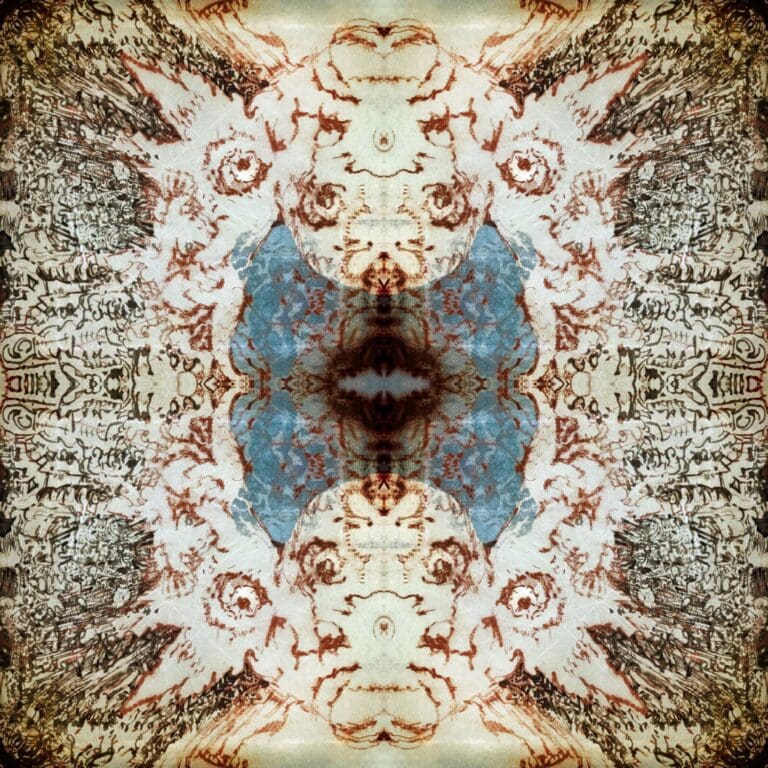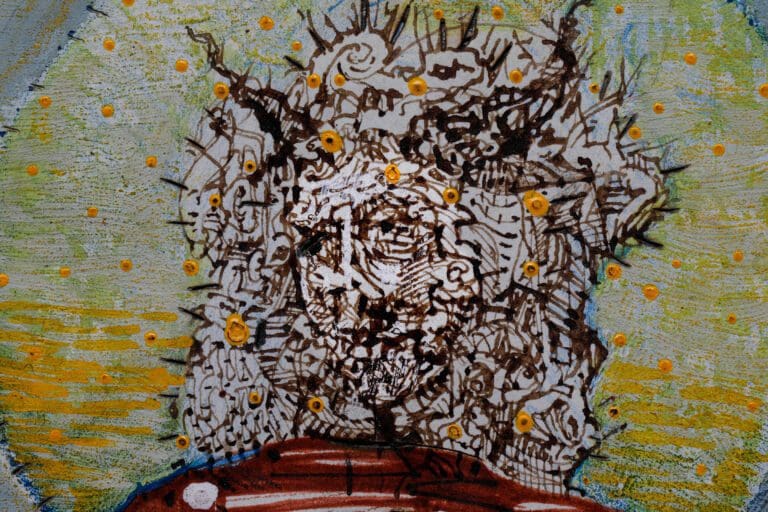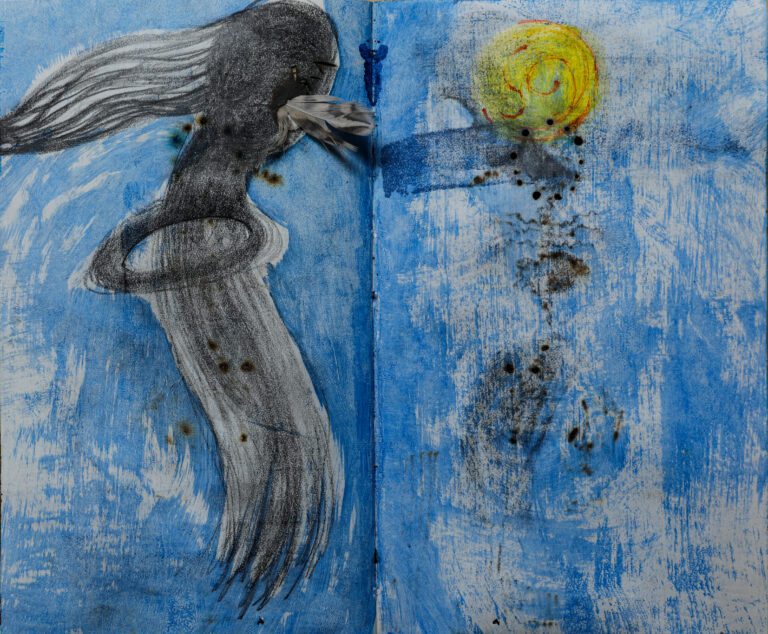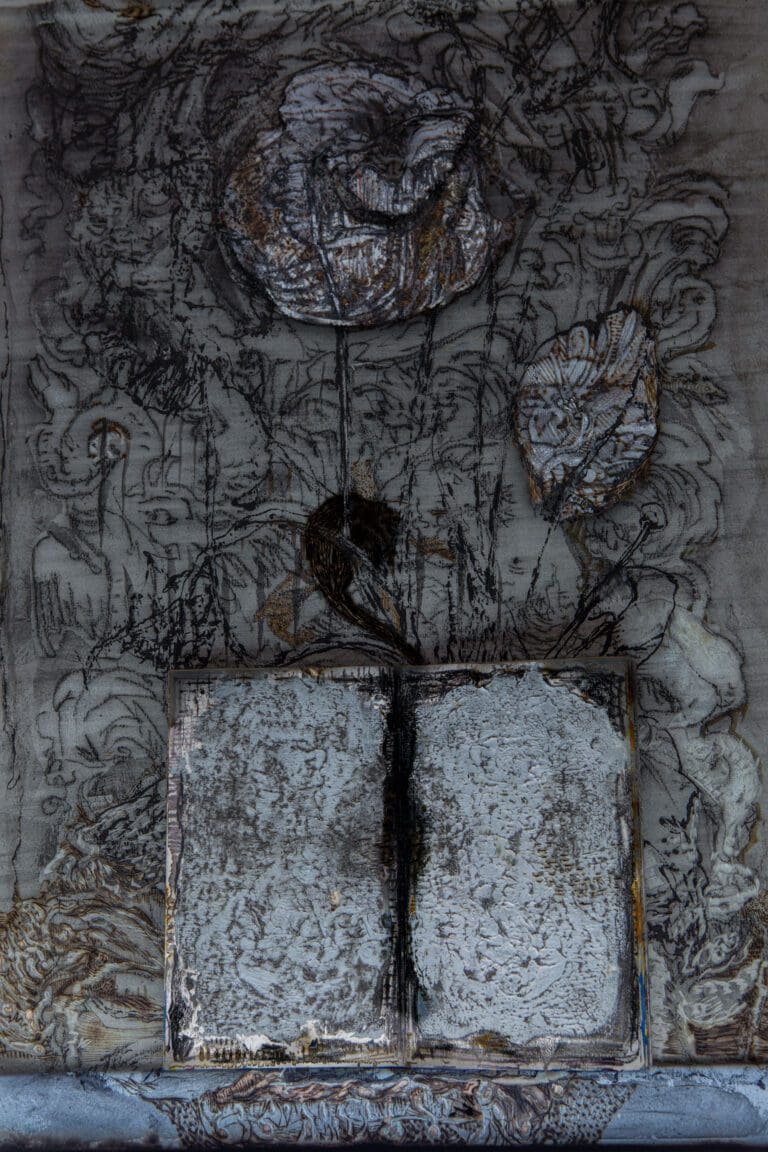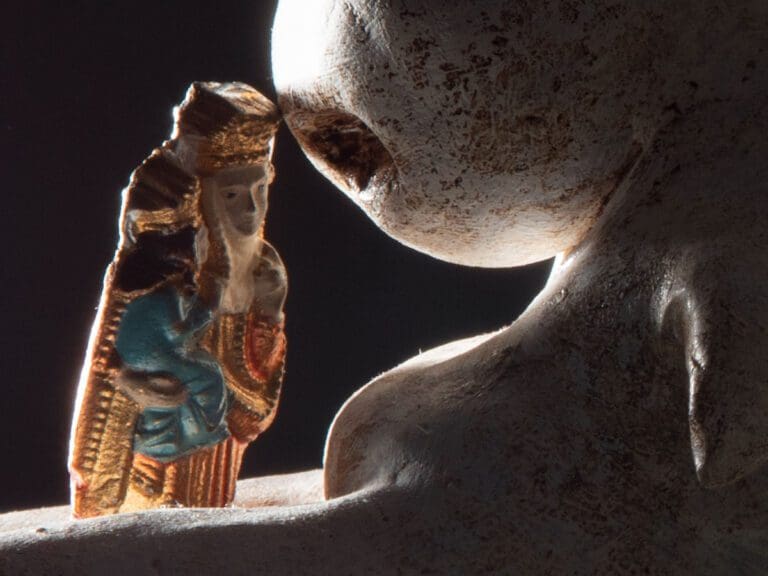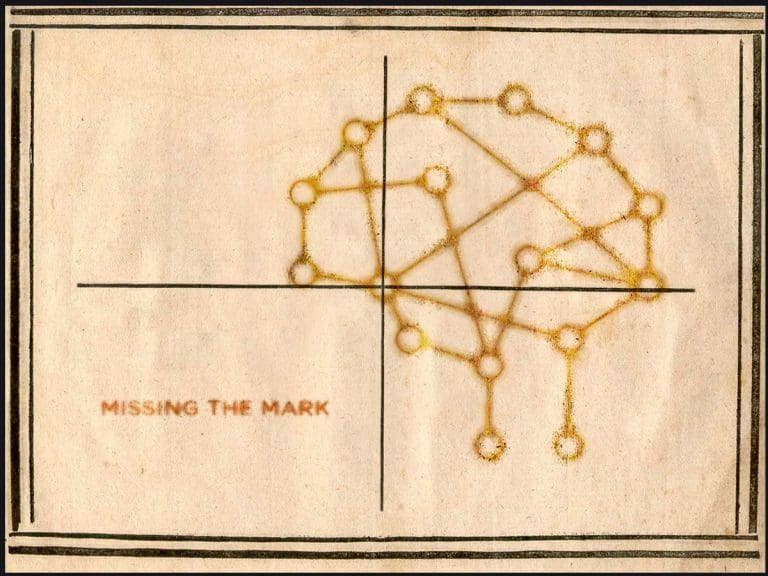Making Sense of Opposites
We often talk about great qualities in pairs. For example, we say truth and beauty, peace and goodwill, wisdom and compassion, and in the Chinese tradition, kindness and justice. The word in Sanskrit for a pair is ‘dvandva’, which is linked to the word ‘two’ or dual. But in the Bhagavad Gita, a famous Hindu scripture, ‘dvandva’ refers to pairs of opposites, like love and hatred, joy and sorrow, pleasure and pain, and honor and disgrace. These pairs represent the highs and lows we all experience in life. The tricky part is figuring out how to stay calm and balanced when dealing with these opposite pairs.
The concept of uniting opposites is a key part of dialectics, a way of understanding and discussing ideas. It’s closely related to the idea of non-duality. This concept says that the existence or identity of something depends on the existence of at least two opposing conditions. These conditions are opposite to each other, but they also depend on each other and imply each other’s existence.
People who study dialectics believe that opposites can unite in reality or in thought. If the opposites were perfectly balanced, nothing would change. But usually, one of the opposites is stronger or more powerful than the other. Over time, the stronger condition overcomes the weaker one. But instead of resulting in a stalemate, the unity of opposites leads to their manifestation. The unity between them is what allows either opposite to exist. For example, ‘up’ can’t exist without ‘down’. They’re opposites, but they rely on each other for their existence. You can’t have hot without cold because you need something to compare it to. If there was no cold, we wouldn’t have a word for hot because there would be nothing to contrast it with. This reliance on each other for existence is the unity of opposites. The existence of one opposite necessitates the existence of the other. What counts as an opposite is therefore predetermined.
Transcending the Pairs of Opposites
We often find that certain great qualities are spoken of in pairs. Thus we speak of truth and beauty, peace and goodwill, wisdom and compassion, and in the Chinese tradition, benevolence and righteousness. The Sanskrit word for a pair is ‘dvandva’, related to the word ‘two’ or dual. We also recognize that this word ‘dvandva’ comes in the Bhagavad Gita in a different sense. Here it means the pairs, not of complementary qualities, but of opposites. Such opposites are love and hatred, joy and grief, pleasure and pain, honour and disgrace. These reflect the ups and downs that inevitably form part of our experience in the world; our challenge is how we may maintain a tranquil and balanced mind in the midst of these so-called pairs of opposites.
The unity of opposites is the central category of dialectics, said to be related to the notion of non-duality in a deep sense. It defines a situation in which the existence or identity of a thing (or situation) depends on the co-existence of at least two conditions which are opposite to each other, yet dependent on each other and presupposing each other, within a field of tension.
Dialecticians claim that unity or identity of opposites can exist in reality or in thought. If the opposites were completely balanced, the result would be stasis, but often it is implied that one of the pairs of opposites is larger, stronger or more powerful than the other, such that over time, one of the opposed conditions prevails over the other. Yet rather than ‘stasis’ the identity of opposites, there being unity within their duality, is taken to be the instance of their very manifestation, the unity between them being the essential principle of making any particular opposite in question extant as either opposing force. For example ‘upward’ cannot exist unless there is a ‘downward’, they are opposites but they co-substantiate one another, their unity is that either one exists because the opposite is necessary for the existence of the other, one manifests immediately with the other. Hot would not be hot without cold, due to there being no contrast by which to define it as ‘hot’ relative to any other condition, it would not and could not have identity whatsoever if not for its very opposite that makes the necessary prerequisite existence for the opposing condition to be. This is the oneness, unity, principle to the very existence of any opposite. Either one’s identity is the contra-posing principle itself, necessitating the other. The criteria for what is opposite is therefore something a priori.
"Everything is dual; everything has poles; everything has its pair of opposites. Opposites are identical in nature, but different in degree. Extremes meet; all truths are but half-truths; all paradoxes may be reconciled."

